Listen, watch, learn, discover and practice music in every form
Concerts, shows, museum, exhibitions and activities for everybody.
Concerts & shows
About 500 concerts per year: classical, baroque or contemporary, world, jazz, pop, rock, hip-hop.
See concerts calendar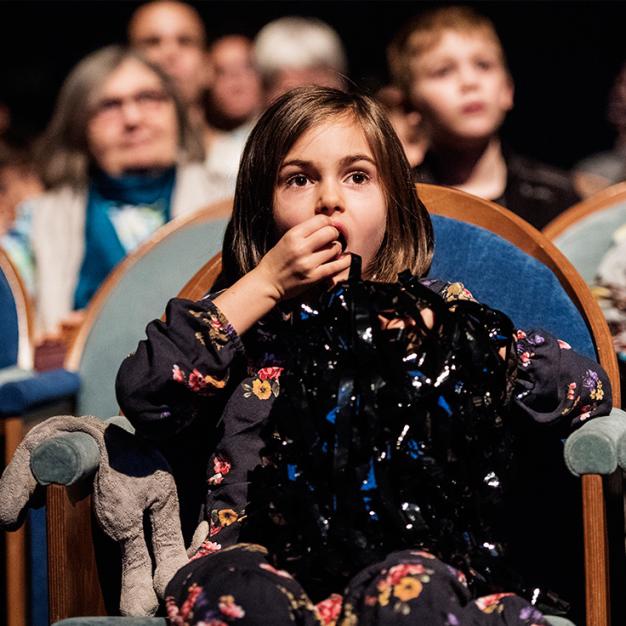
Family-oriented
Families can enjoy music and fun ways to learn together, and attend activities and workshops to take part in certain shows, etc.
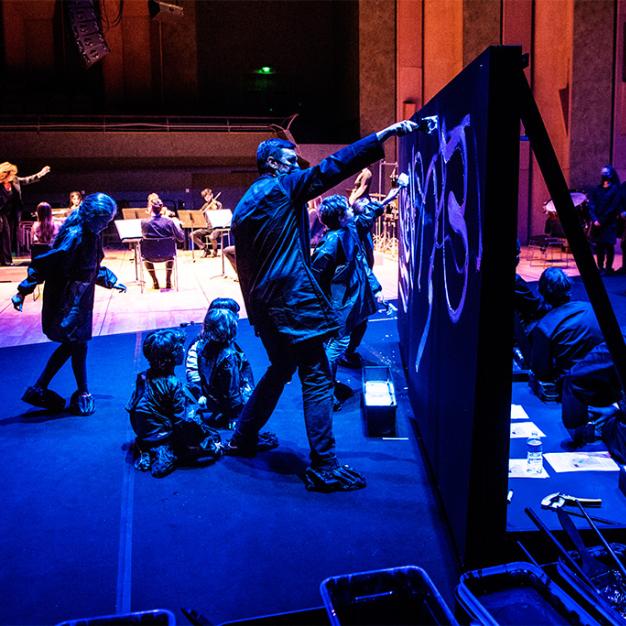
Participatory Concerts
Preceded by one or more rehearsals, these concerts invite spectators to take part in the show from their seats.
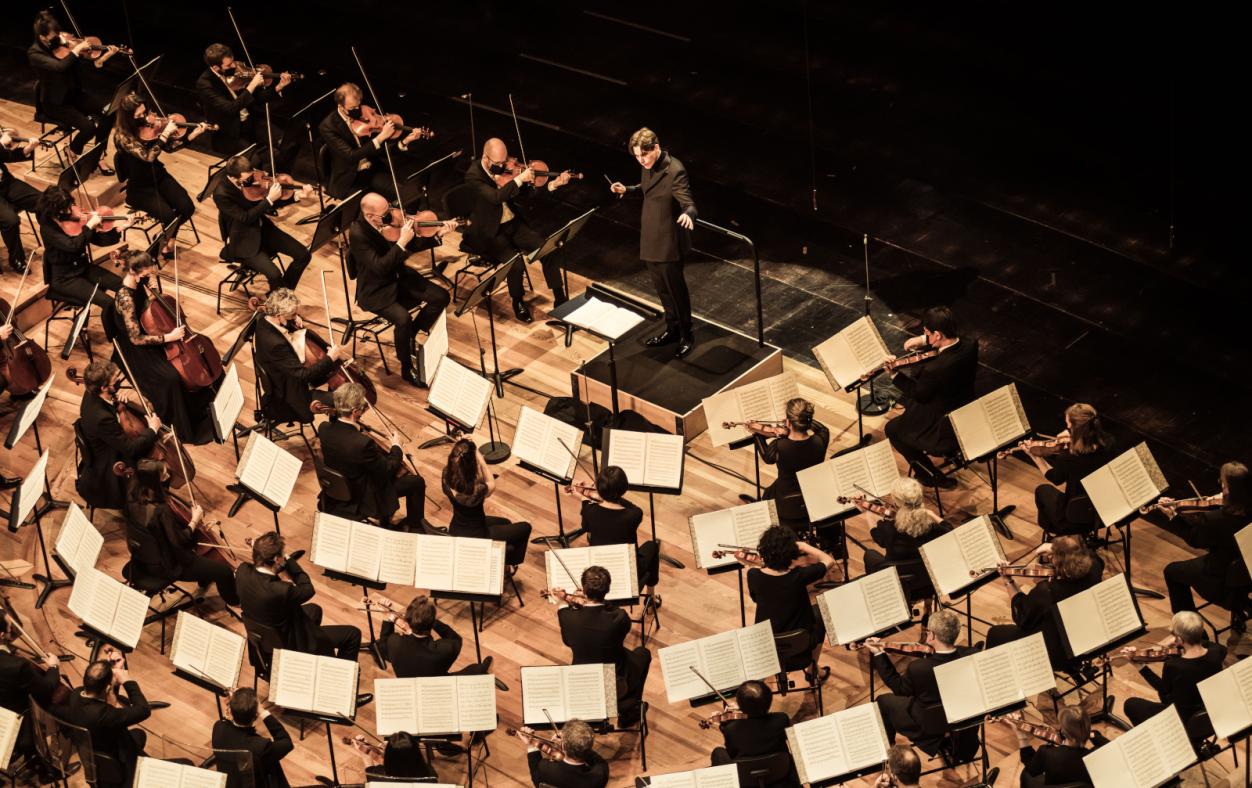
Orchestre de Paris
At the heart of Philharmonie’s artistic project, the Orchestre de Paris is bringing audiences to the very best of symphonic music, both in the Grande salle Pierre Boulez and on tour.
Learn more on the Orchestre de Paris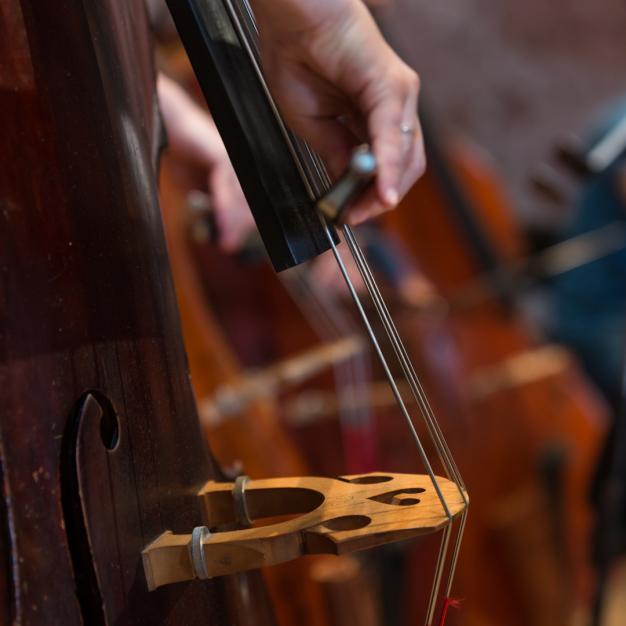
Residents
Ensemble intercontemporain, Les Arts Florissants, Orchestre de chambre de Paris, Orchestre national d’Île-de-France.
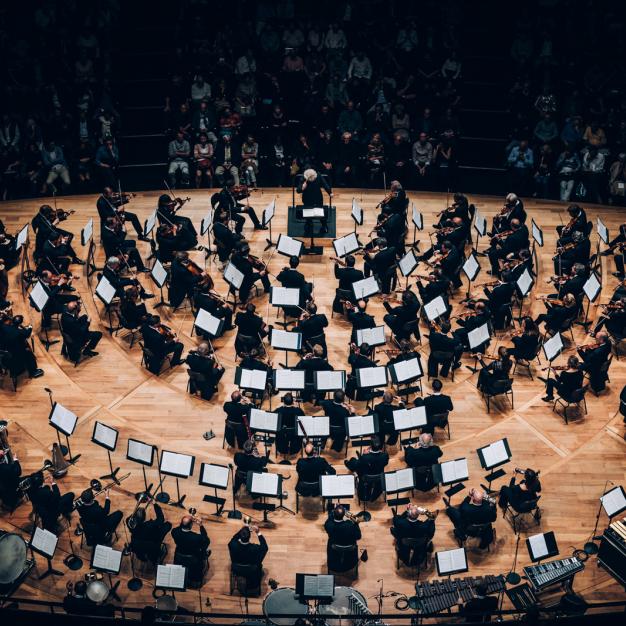
International orchestras
From all over the world, the greatest orchestras regularly stop by the Philharmonie de Paris.
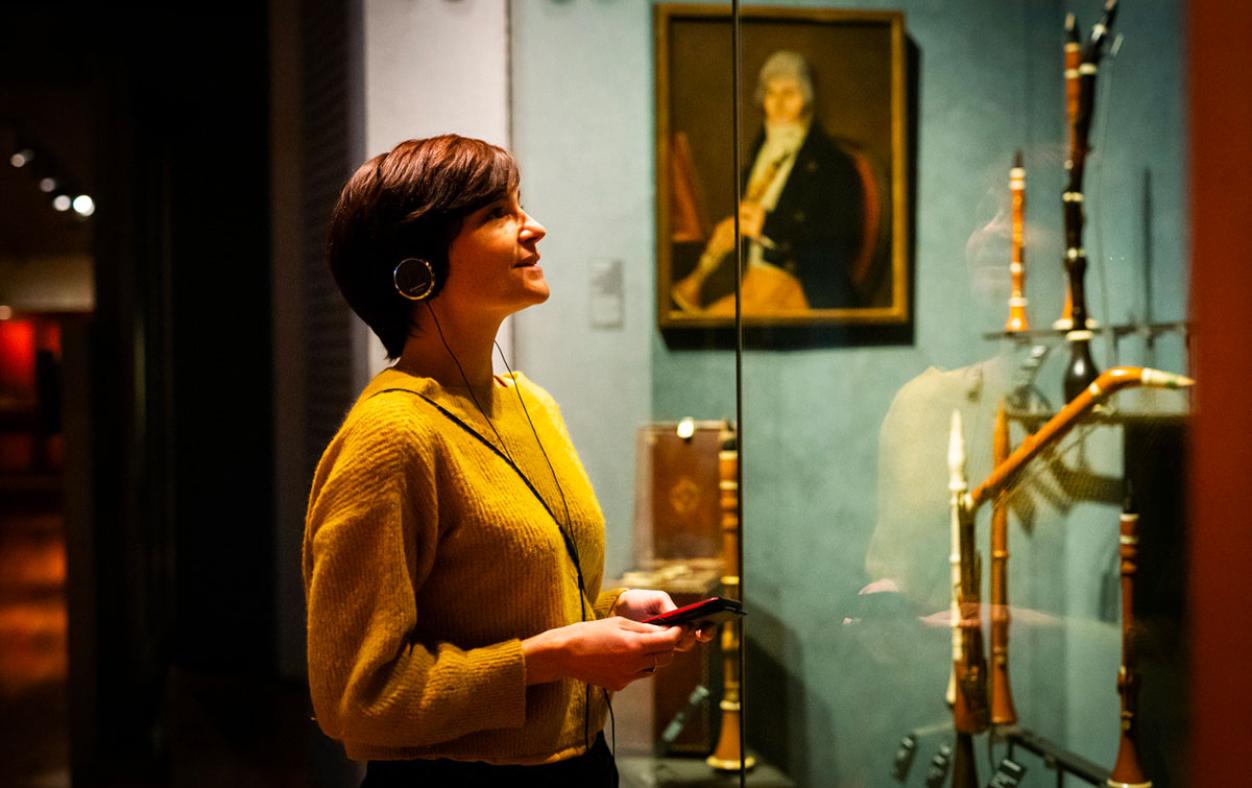
A museum to experience music
8,455 instruments and art objects: a history of Western music from the 17th century to today and an overview of the main musical cultures of the world.
Visits and exhibitions calendar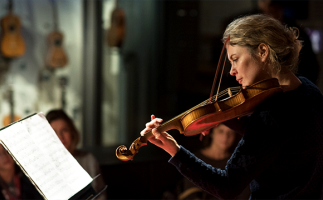
Musicians at the Musée
Every day, musicians play live music in the collection spaces and present their instruments to the public.
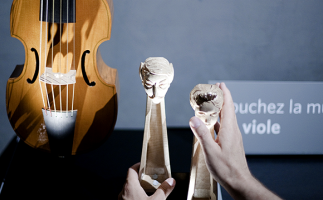
Touch Music
A fun, interactive exhibit where visitors can touch the instruments in order to learn more about them.
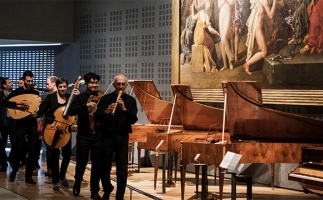
Concert walks
On Sunday afternoons, a series of mini-concerts and musical workshops are offered in the different museum spaces, exploring the intertwining themes of music, the arts, history and society.
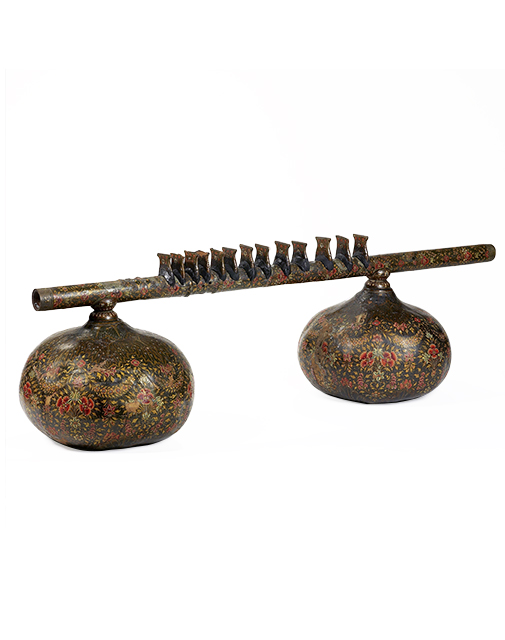
Cithare sur tube Rudra-Vina
17th century
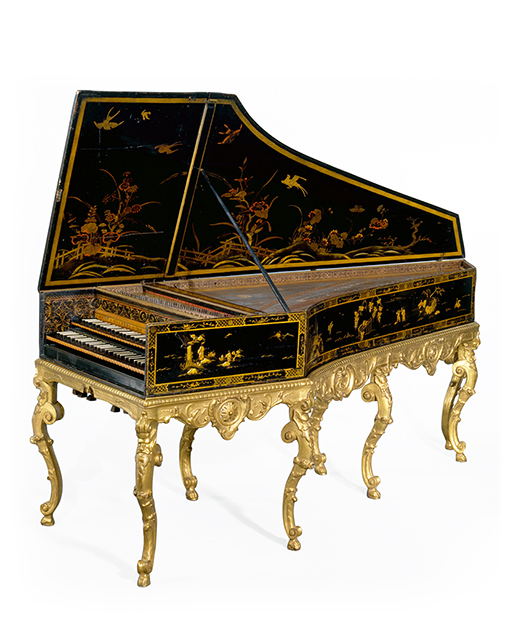
Clavecin Goujon/Swanen
18th century
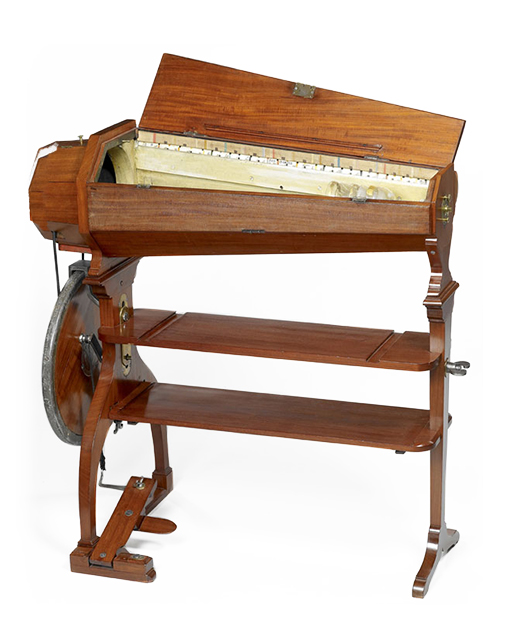
Harmonica de verre
18th century
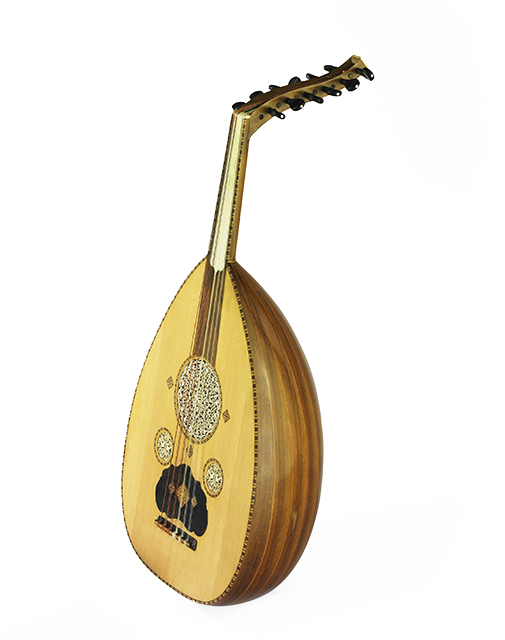
Luth Ud
1931
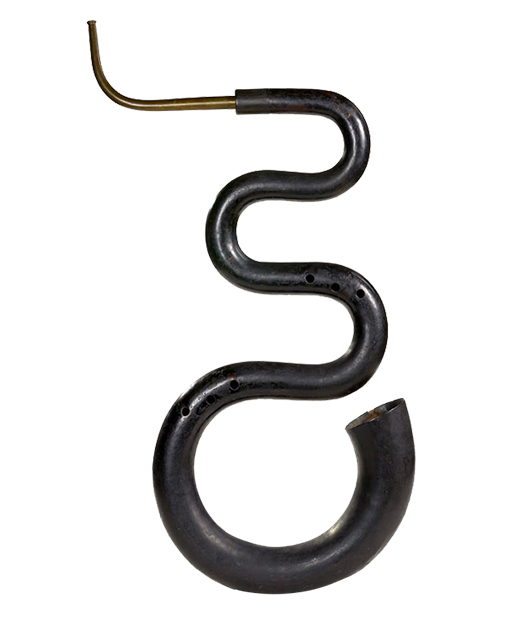
Serpent Coeffet
19th century
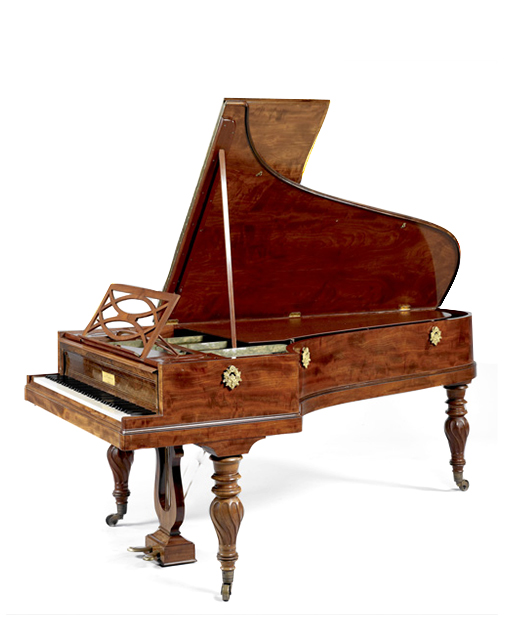
Piano Pleyel
1824
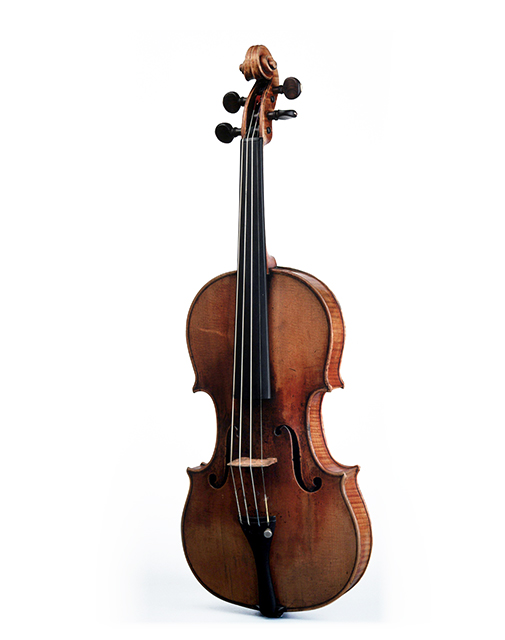
Stradivarius Davidoff
1708
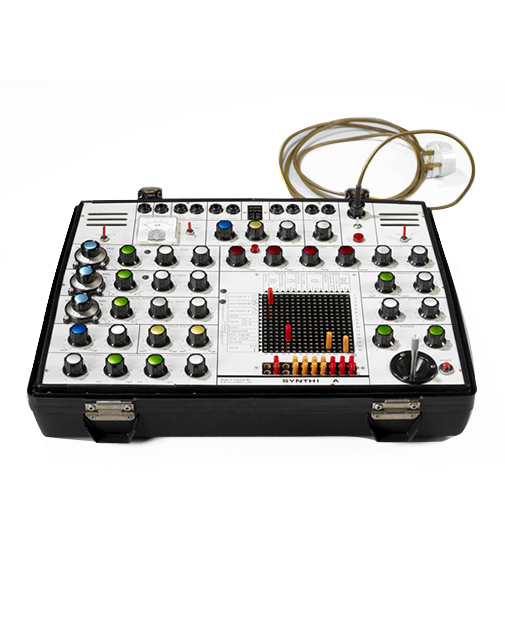
Synthétiseur Synthi A
1971
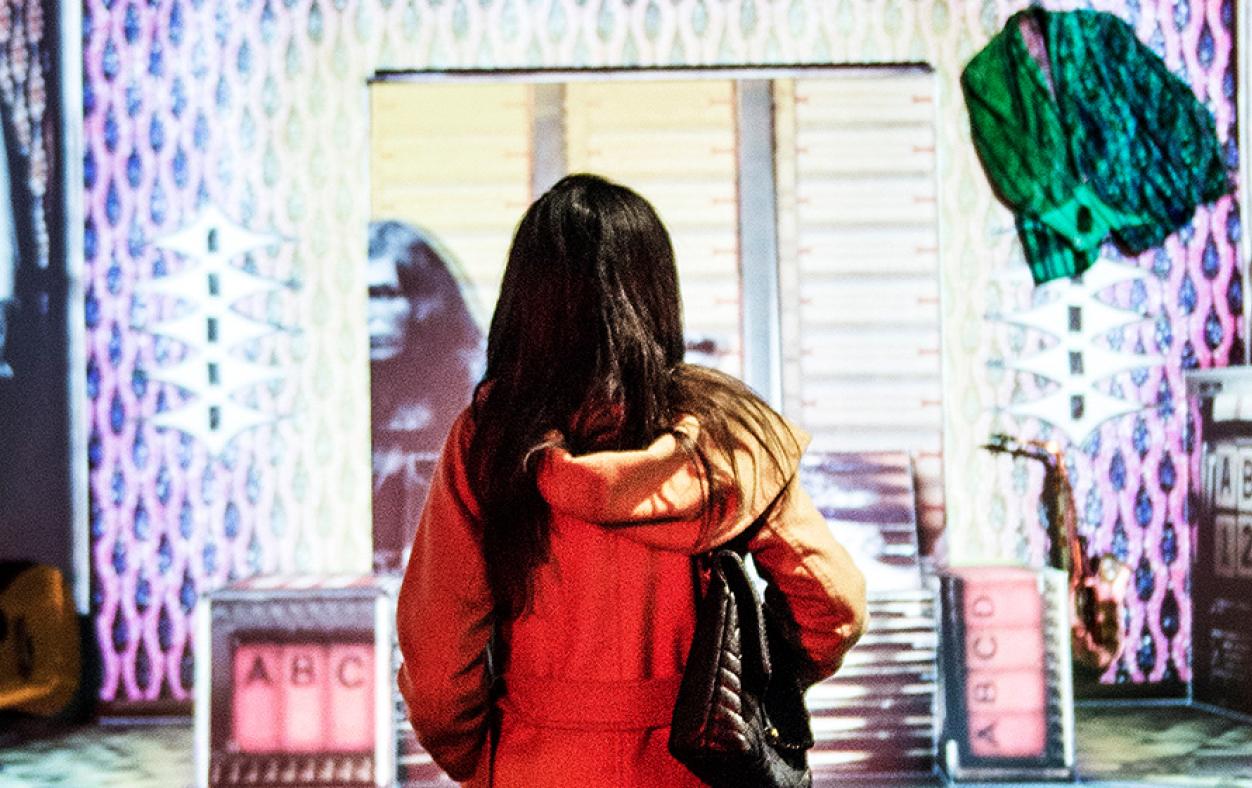
Temporary exhibitions
Music, arts, history and society mixing or crossing over each other.
The Philharmonie des enfants
A poetic venue for children aged 4 to 10 to play, explore, listen, live and feel the music.
Activities for everyone
To enjoy a rich musical experience, thrive and be open to the cultural diversity of the world
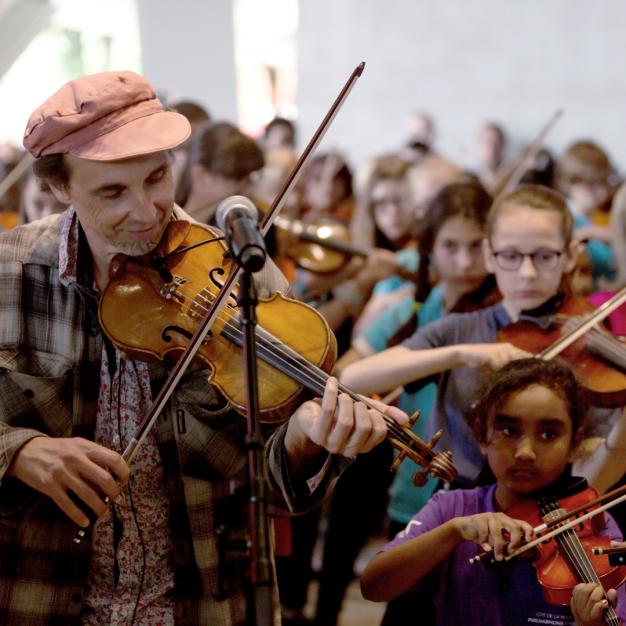
Themes
Mini-festivals on a theme, genre, musician, instrument or geographic area—with concerts, conferences, shows and family workshops, etc.
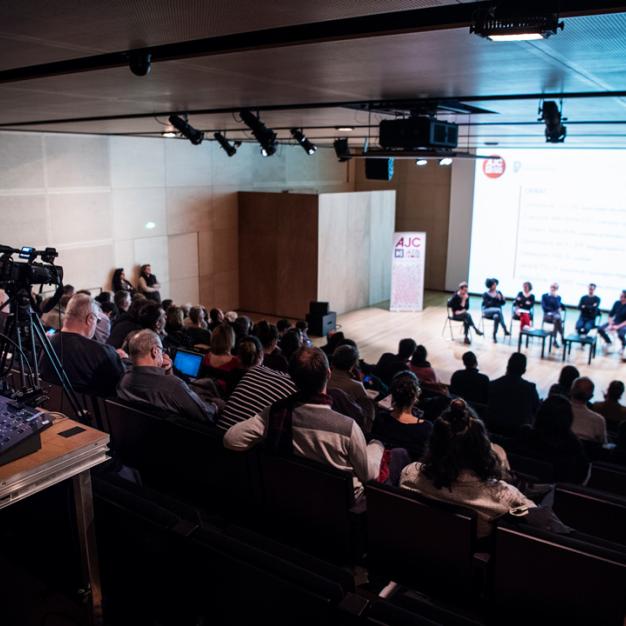
Musical culture
Enhance your musical culture with various activities: pre-concert sessions, musical culture cycles, conferences, meetings, and roundtables.
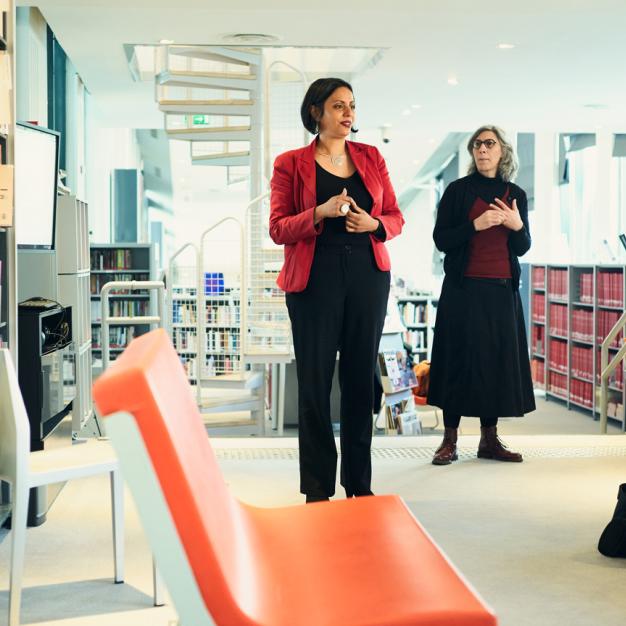
Formations
Provide students and professionals with multiple opportunities to train and develop in music trades.
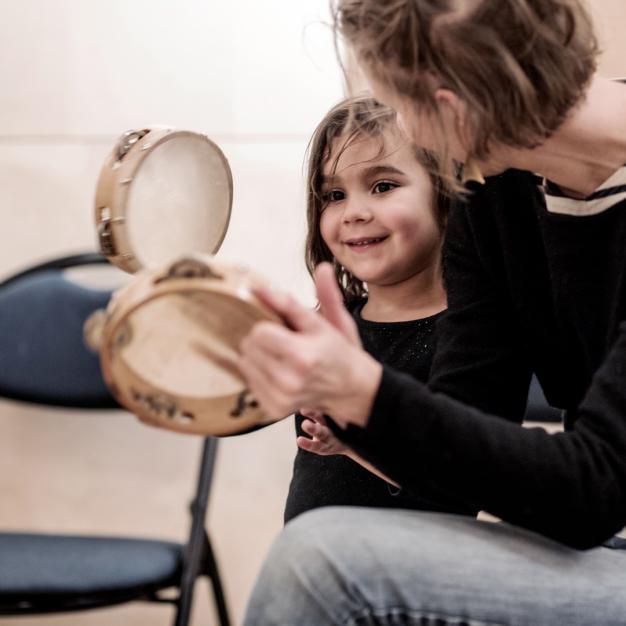
Workshops
Experience music first-hand through collective playing and educational talks, exploring classical, jazz, contemporary and world music, etc.
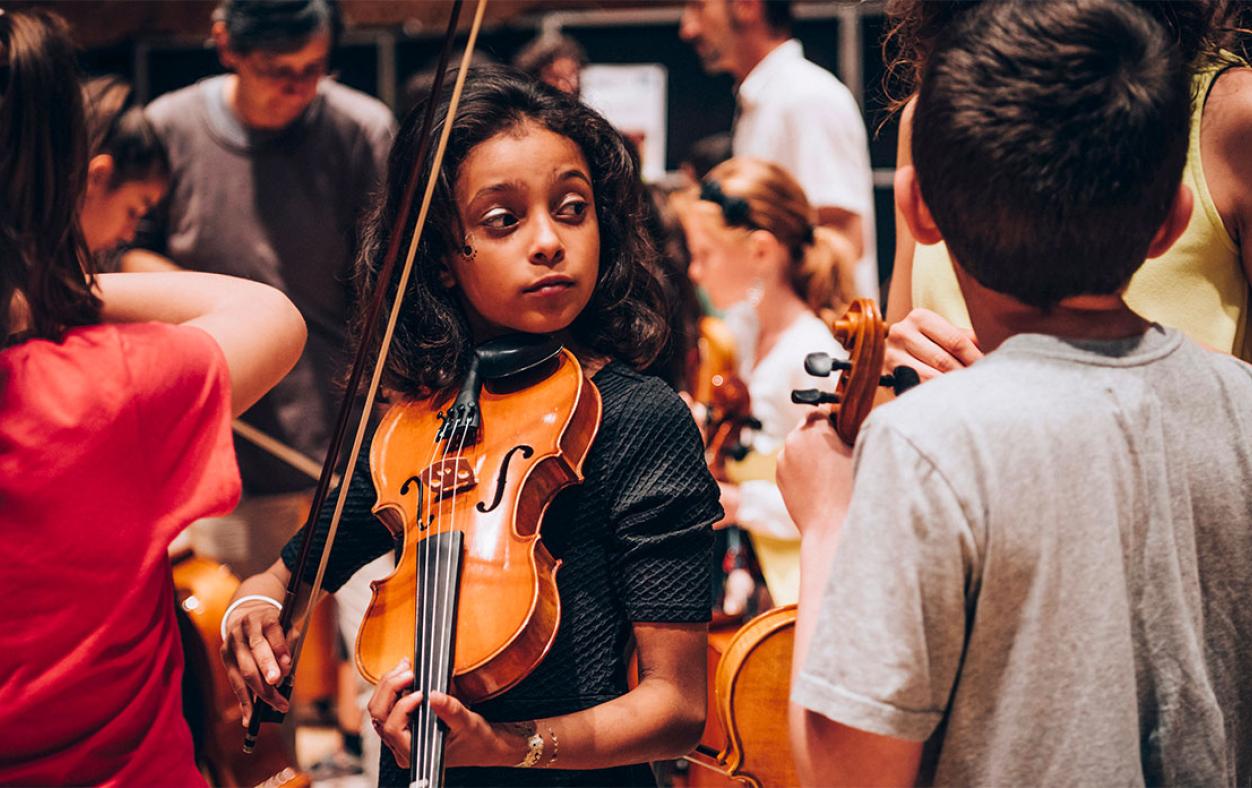
Educational and social projects
Making music accessible to as many people as possible through collective practices and openness to cultural diversity
Our missions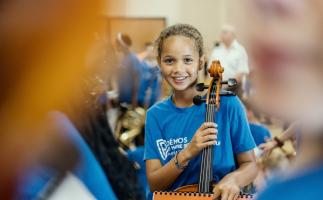
Démos Youth orchestras
Orchestra practice as a means of cultural democratisation: thirty youth orchestras have already been created across France.
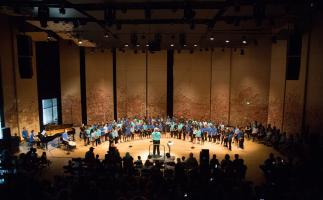
EVE
A renewed teaching of choral singing in schools at the service of the overall development of children through music.
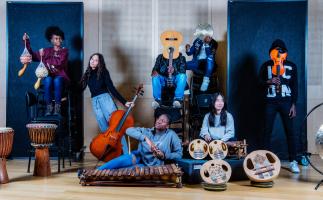
Studio 19
A collective multidisciplinary creation bringing together young people and professional artists.
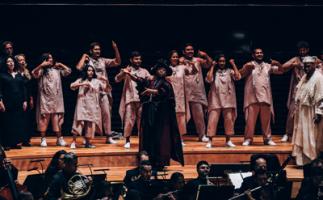
EVE
Sign singing’s concerts for deaf audiences, “Relax” performances for people with complex disabilities: music programming adapts to the needs of its audiences.
Online radio – by and for 15-25 year olds – between in public live broadcasts and podcast production.
Magazine
Interviews, podcasts, video reports of Philharmonie’s backstage, news and music playlists...
A place of knowledge and research
History, instruments tracability, musicology, human sciences...
Two architects, one ensemble
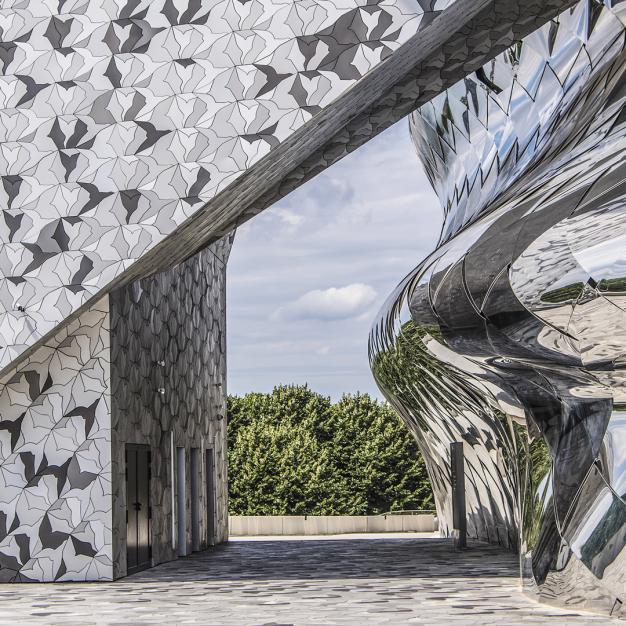
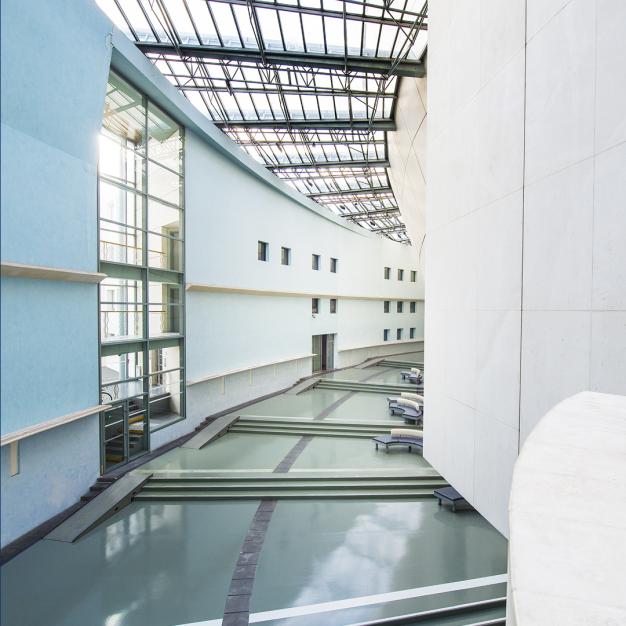
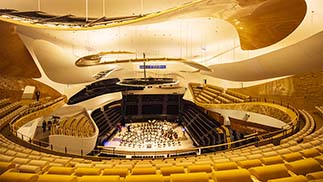
The Symphonic hall - Grande salle Pierre Boulez
Following neither the ‘shoebox’ style (as at the Musikverein in Vienna), nor the ‘vineyard’ style (as at the Berlin Philharmonie), the Philharmonie de Paris invents a model all its own, with an adjustable concert hall based on the concept of envelopment. This original design required innovations in architecture, stage design and acoustical engineering. The architect, Jean Nouvel and lead acoustician Sir Harold Marshall designed the room during synergetic sessions, with the architect, acoustician and theatre consultant working in a highly collaborative environment.
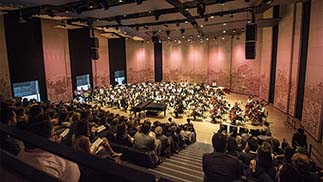
The Studio
The Studio is intended for work sessions by complete orchestras, as well as baroque music concerts or dance shows.
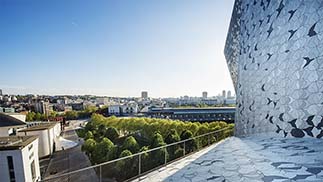
The rooftop viewpoint
The architect Jean Nouvel designed the Philharmonie as a hill that invites visitors to its top, a third Parisian ‘butte’ joining those of Chaumont and Montmartre, and a new summit from which visitors have a spectacular view of northeastern Paris blending seamlessly into the outskirts.
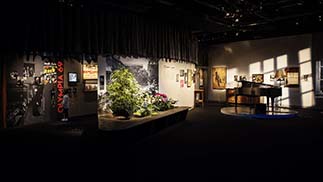
Temporary exhibition space
The Philharmonie de Paris includes a vast area allowing the hosting of temporary exhibitions connected to its’ musical calendar.
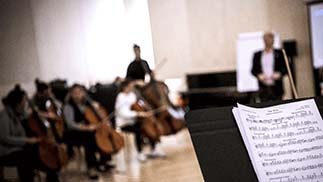
Educational spaces
The Philharmonie de Paris, of which the Pedagogic dimension is a crucial pillar, constitutes numerous rooms in which one can be initiated to music or improve oneself.
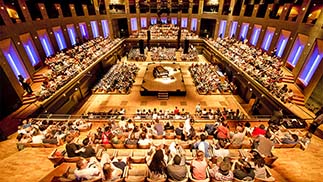
The Concert hall
The Cité de la musique’s flagship room, the Concert Hall, was conceived by Christian de Portzamparc so that all styles of music can be played in it.
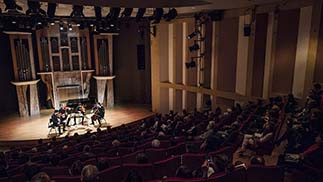
Amphitheatre
Offering each spectator a marvellous view and acoustics which serve small groups magnificently, the Amphitheatre is the perfect setting for chamber music concerts.
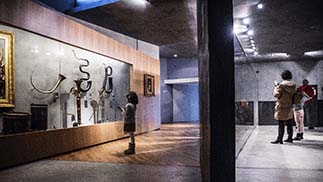
Musée de la musique
Conceived by the architect Franck Hammoutène, the Music Museum is separate space within the Cité de la musique, an intimate venue and suitable to the dialogue between musical craftsmanship and musical practice.
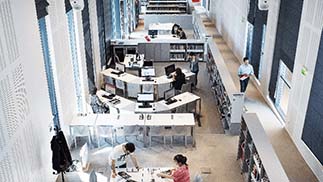
Media Library
Open onto the the Parc de la Villette, the Library provides a quiet space for professional musicians, aficionados or those simply curious, who wish to read up on music.
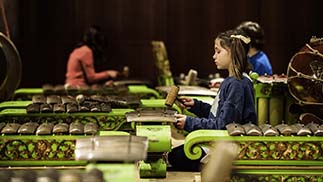
Educational spaces
In addition to the educational spaces of the Philharmonie, the Cité de la musique has two locales hosting educational workshops.
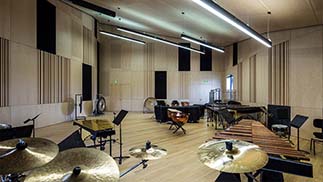
Rehearsal rooms
Numerous rehearsal rooms allow orchestras to work in optimal conditions.
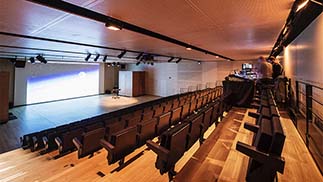
Conference room
With 170 seats and modern facilities, the Conference room hosts conferences, seminars, meetings and film screenings in the best conditions.
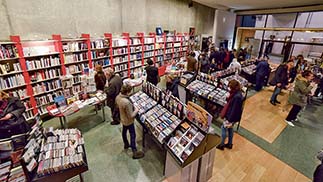
Gift & book shop
The Gift & Book Shop at the entrance to the Museum carries thousands of CDs from every musical genre, as well as a large selection of books about music.
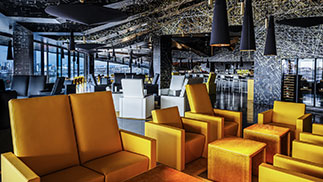
L’Envol restaurant
On the 6th floor of the Philharmonie, L’Envol restaurant offers sweeping views of Paris and the Parc de la Villette.
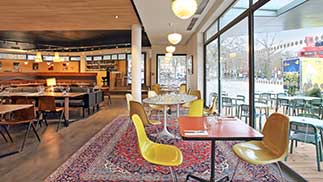
Café de la Musique
Situé au niveau de la place de la Fontaine-aux-Lions, face à la Grande Halle de la Villette, le Café de la Musique vous accueille tous les jours du matin au soir pour grignoter, petit-déjeuner, déjeuner, dîner, boire un verre et écouter de la musique dans un cadre chaleureux ou sur sa vaste terrasse ensoleillée.
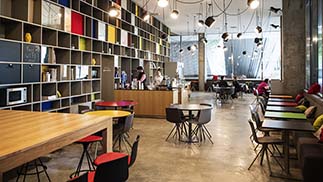
L’Atelier café
Enjoy a coffe or a snack on the Parc level.
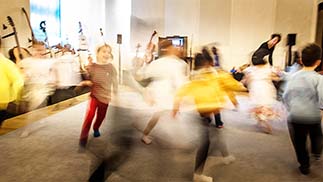
Philharmonie for children
To expand its educational offering, the Philharmonie de Paris has decided to dedicate a 1000-sq.m. space to the discovery of music, set to open in 2020.
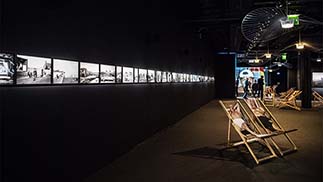
Exhibition space
Next to the Musée de la musique, a second temporary exhibition space hosts one time a year an exhibition mixing music and photography.
Our history
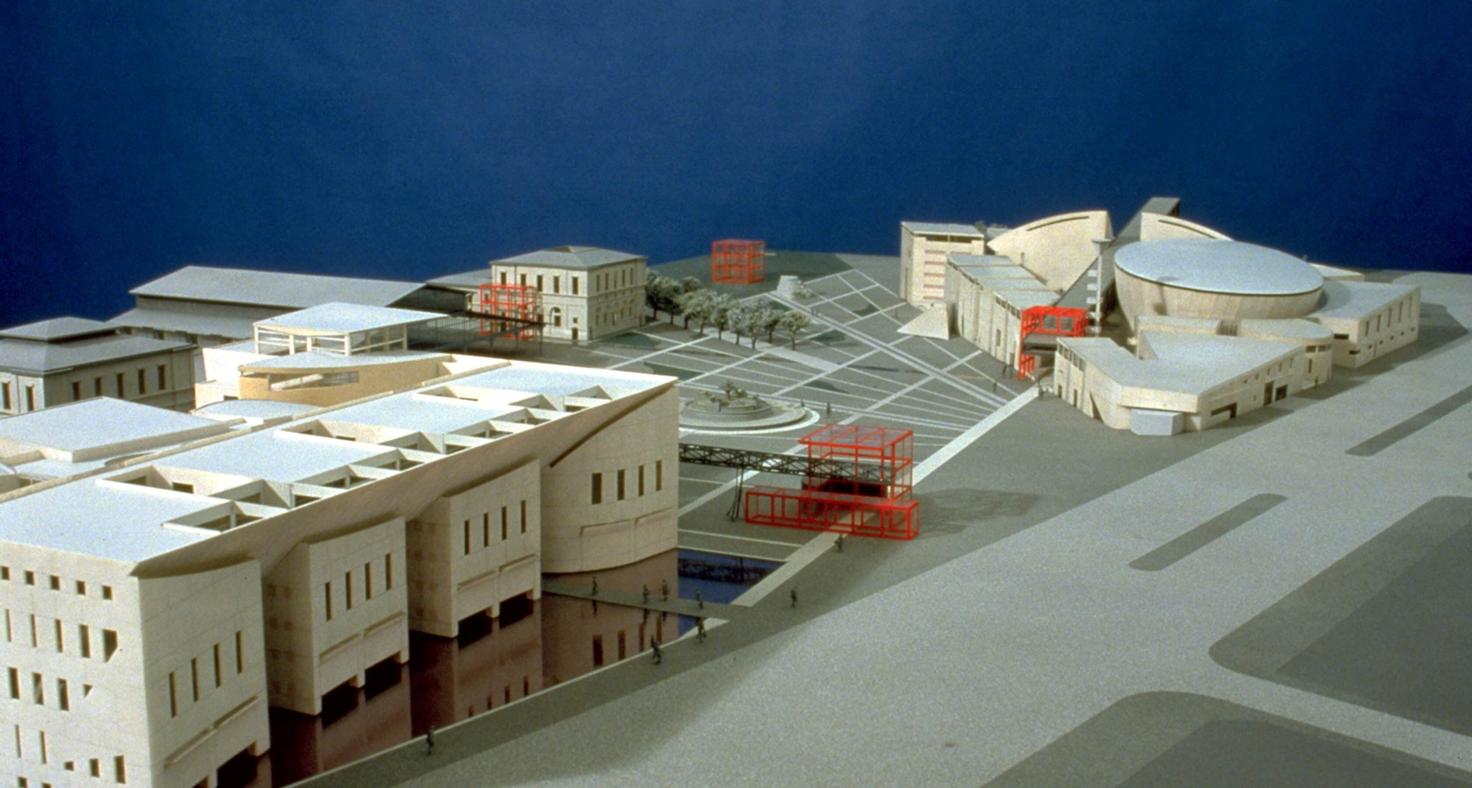
1981
Birth of the Cité de la musique project
Rehabilitating the site at La Villette—a core element of François Mitterrand’s public works policy—made Pierre Boulez’s wish a reality, creating a place where professional and aspiring musicians would coexist. It emerged as a joint project between the Cité de la musique and the Conservatoire national supérieur de musique et de danse, with architect Christian de Portzamparc chosen to create it.
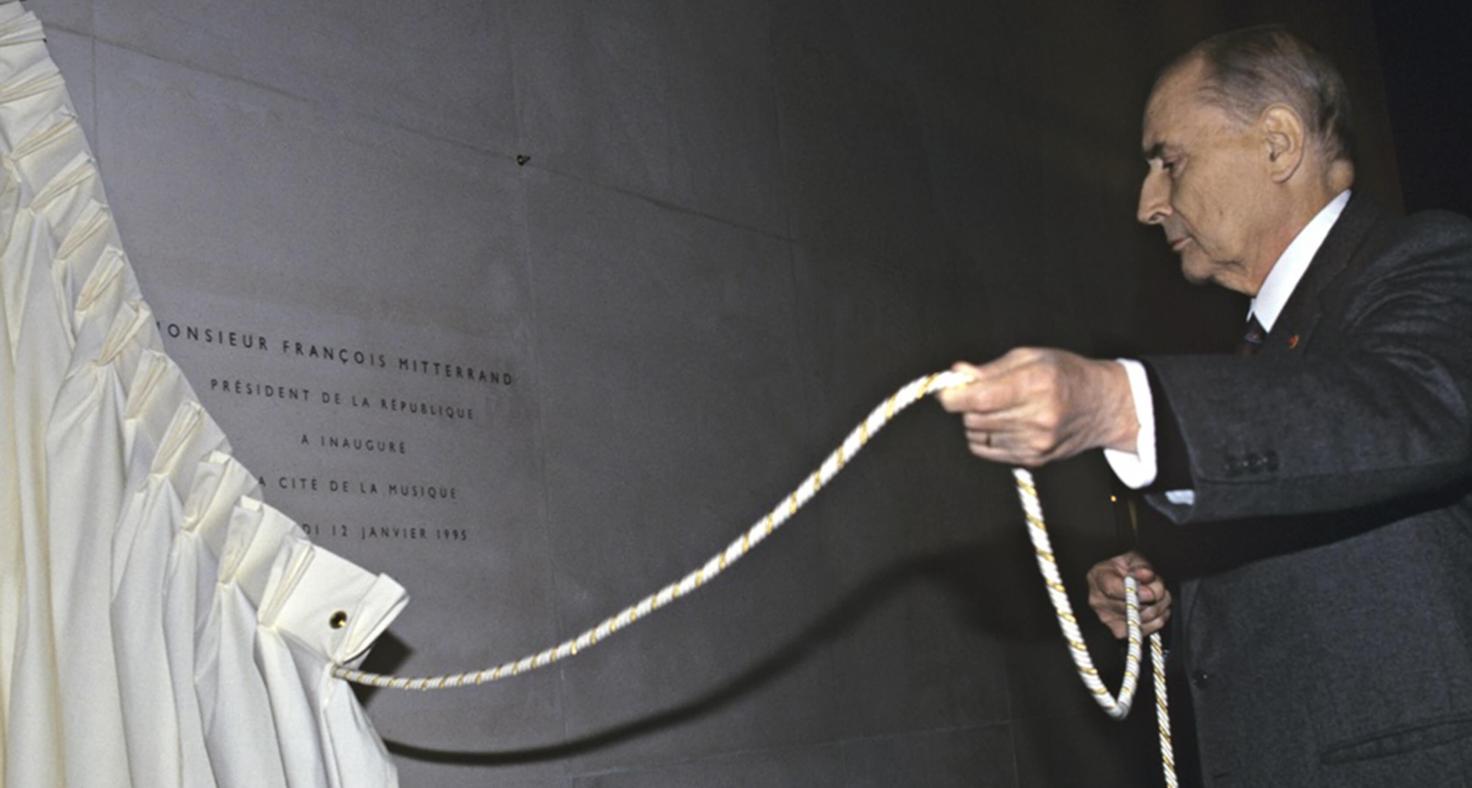
1995
Inauguration of the Cité de la musique
The Cité de la musique was inaugurated on 12 January 1995 with a concert directed by Pierre Boulez and William Christie. Its concert hall was designed for all types of music, from the symphonic repertoire to current music and contemporary musical creation. The new premises also featured an amphitheatre, rehearsal rooms, educational areas, and before long, a museum. Brigitte Marger is appointed General Manager by the government.
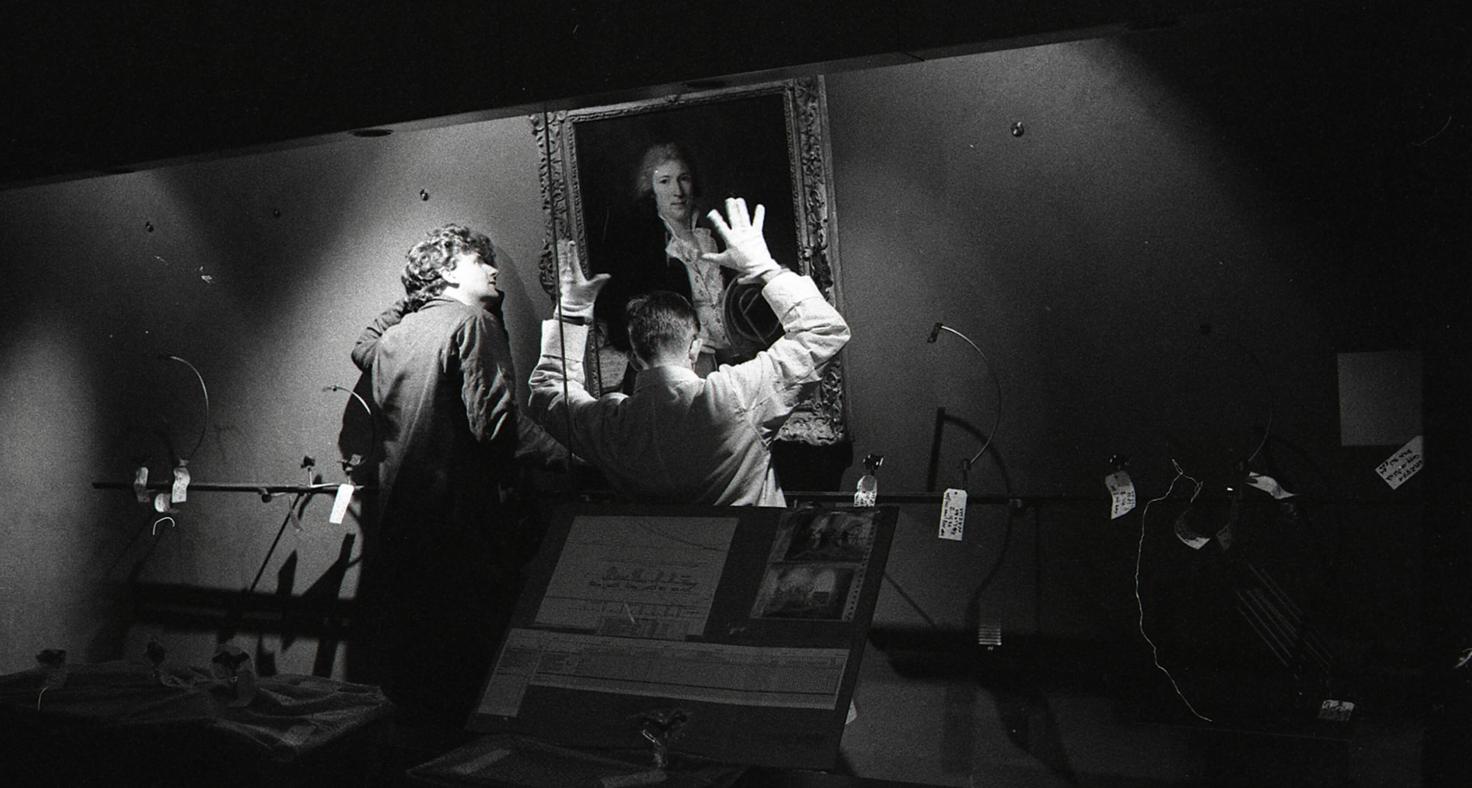
1997
Opening of the Musée de la musique
A direct descendant of the Musée instrumental du Conservatoire de musique de Paris, which opened to the public in 1864, the Musée de la musique became the home of Europe’s largest collection of instruments. In 1997, the Musée opened at the Cité de la musique; both the museum space and the sets were designed by architect Franck Hammoutène.
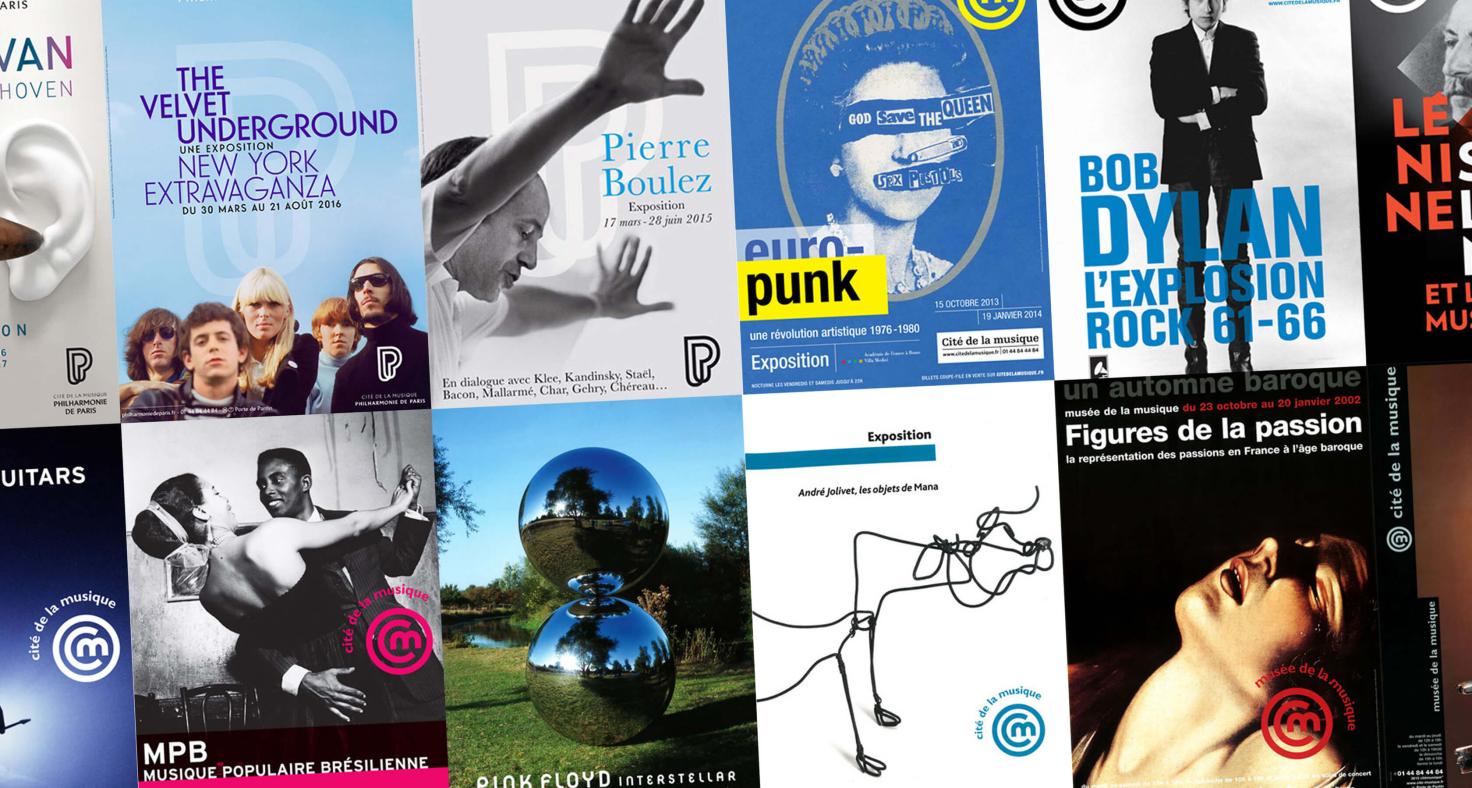
1998
First temporary exhibition at the Musée
The Musée exhibitions draw from all areas of music, embracing every style and era. In 1998, the first two exhibitions were presented to the public, one on the instruments of Jean-Baptiste Vuillaume, and the other on African harps. Since then, the museum has hosted more than 40 exhibitions.
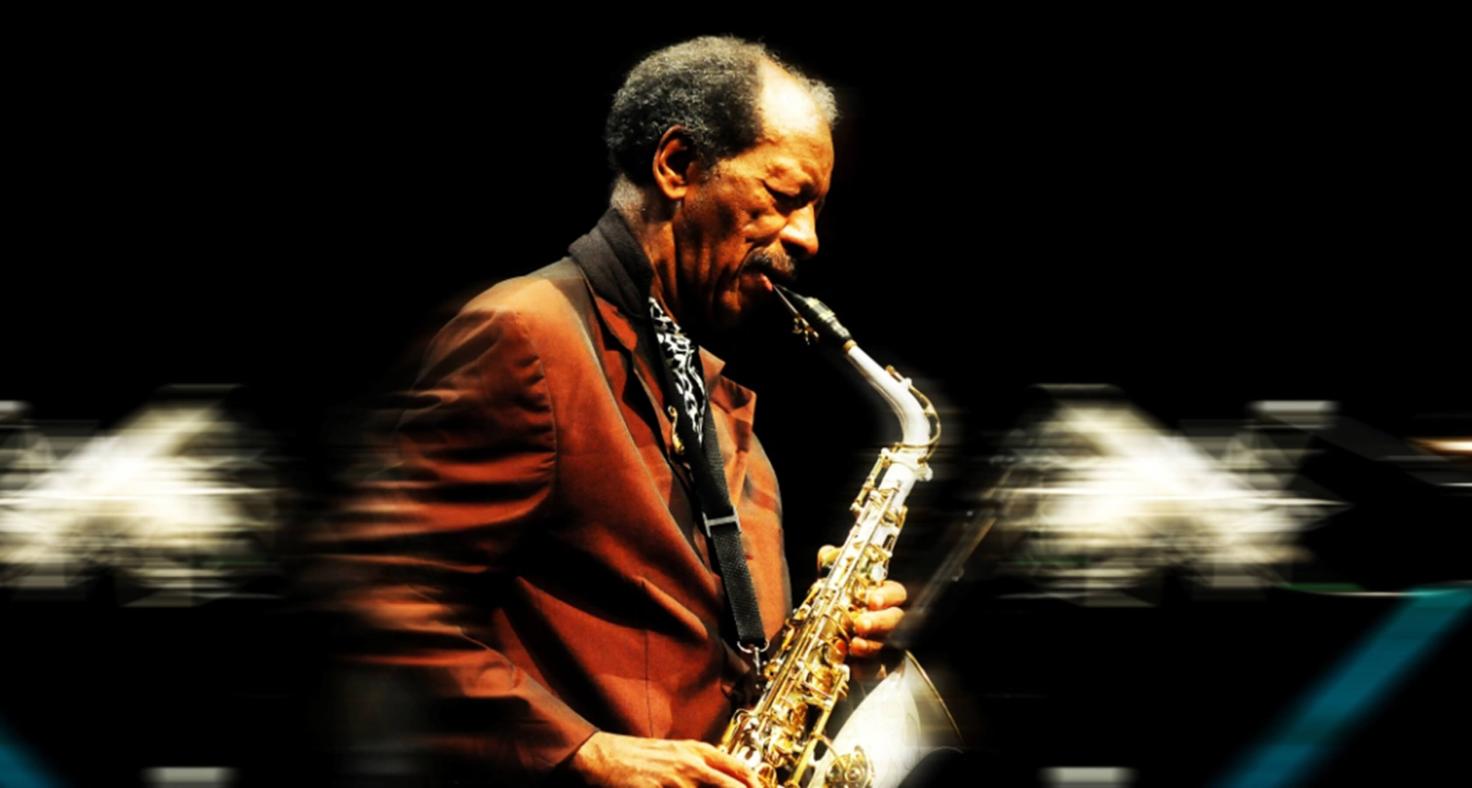
2002
First edition of Jazz à la Villette festival
Following from its predecessors Halle That Jazz (1986-1995) and Villette Jazz Festival (1996-2001), the Jazz à la Villette festival came to light in September 2002, quickly becoming Paris’s premiere late-summer jazz event. The festival, co-produced by La Villette and the Cité de la musique, explores every nuance of jazz, and from the beginning has included an educational dimension. It went on to also develop programming for children.
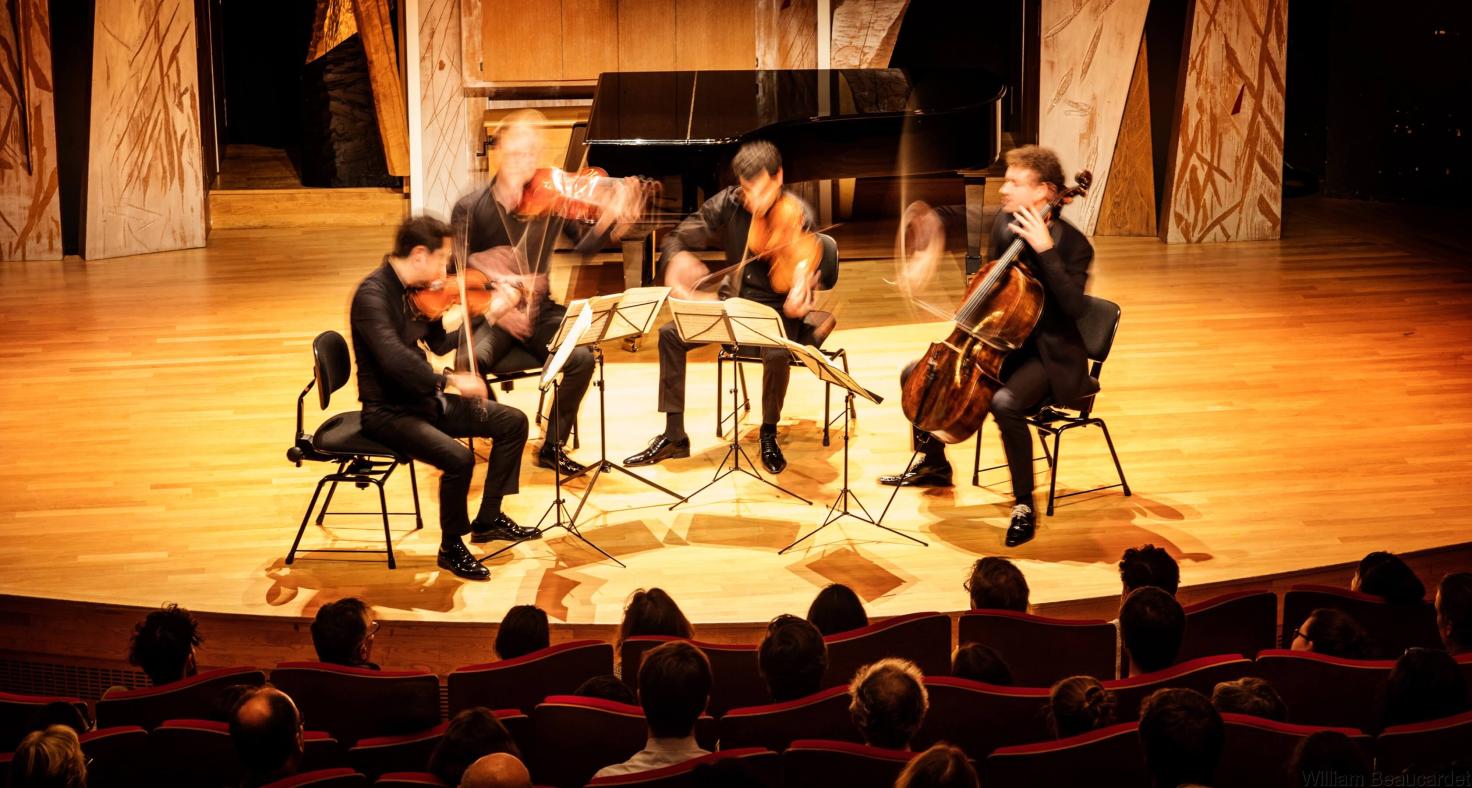
2003
First String Quartet Biennial
With this festival at the Cite de la musique, the art of the quartet found its leading event in France. Bringing together the finest string quartets, each edition is focused on a theme or composer. The Biennial also develops the string quartet repertoire with the commissioning of new works.
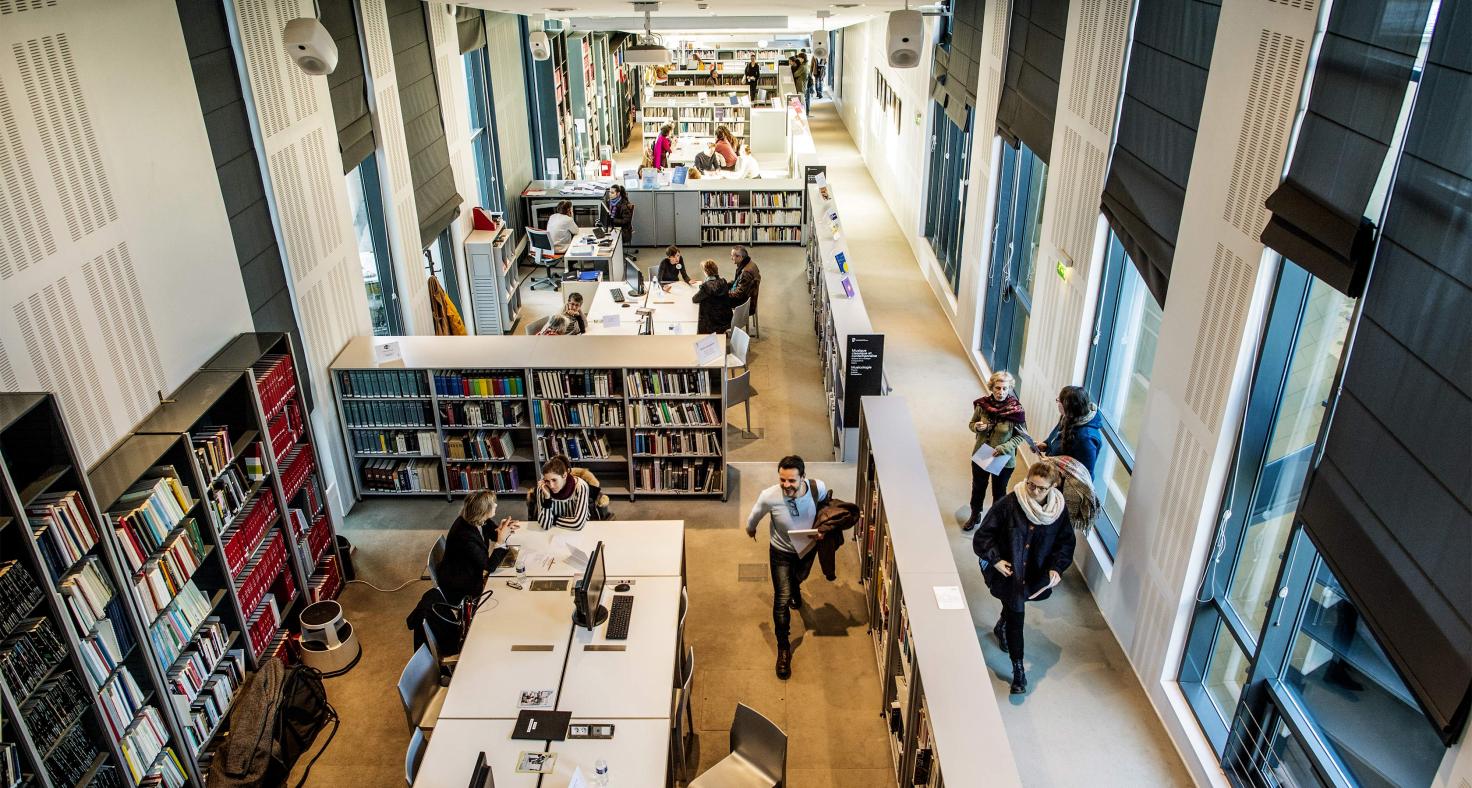
2005
Inauguration of the Media Library
Inaugurated by Bertrand Delanoë and Renaud Donnedieu de Vabres, the Media Library encompasses the Cité de la musique’s three documentary centres: the music information centre, for musicians and aspiring musicians; the Musée documentation centre, dedicated to instrument-making; and the educational resource centre, for teachers. Open to both professionals and the general public, the Media Library contains more than 70,000 physical documents and some 50,000 online digital resources.
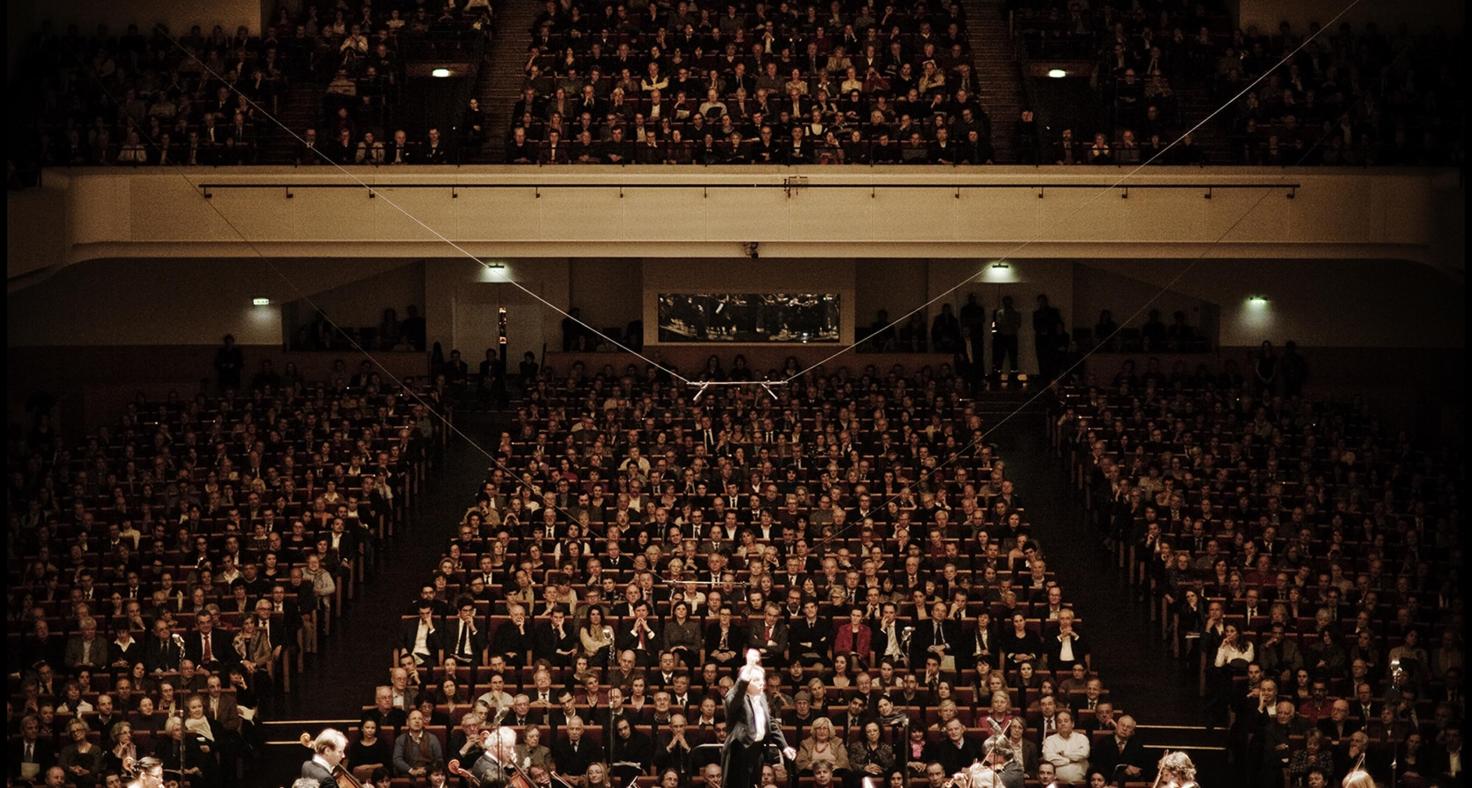
2006
Reopening of the Salle Pleyel
After major renovations, including the creation of tiered seating behind the stage for a chorus or audience, Salle Pleyel was entrusted to the Cité de la musique by the French government. The Orchestre de Paris made its return to the historic concert hall, with major international orchestras gracing its stage as well.
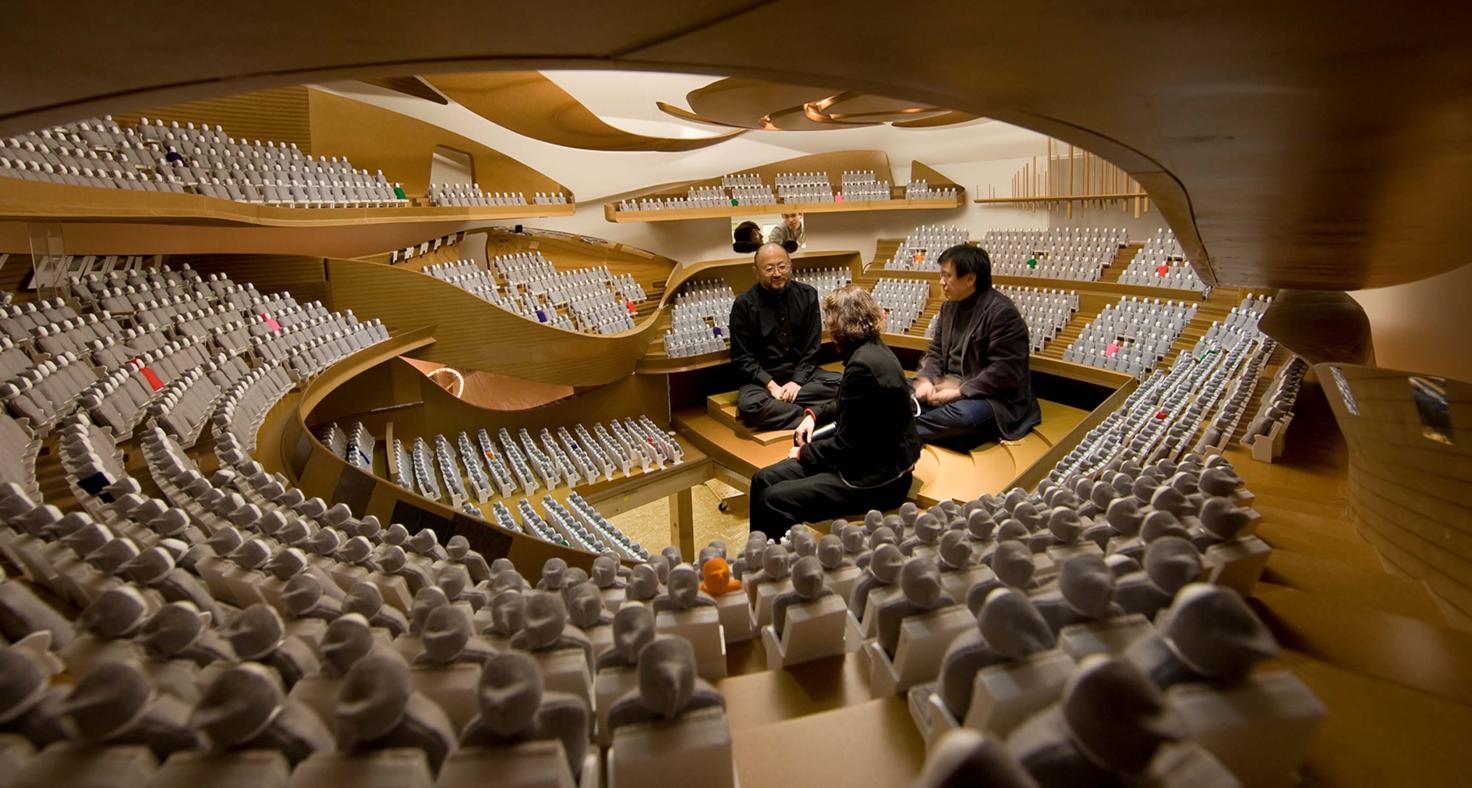
2006
Official announcement of construction of a concert hall at Parc de la Villette
This project expanded the Cité de la musique, making Pierre Boulez’s dream a reality: equipping Paris with a world-class symphonic hall capable of accommodating the world’s greatest orchestras and several thousand spectators in optimal listening conditions.
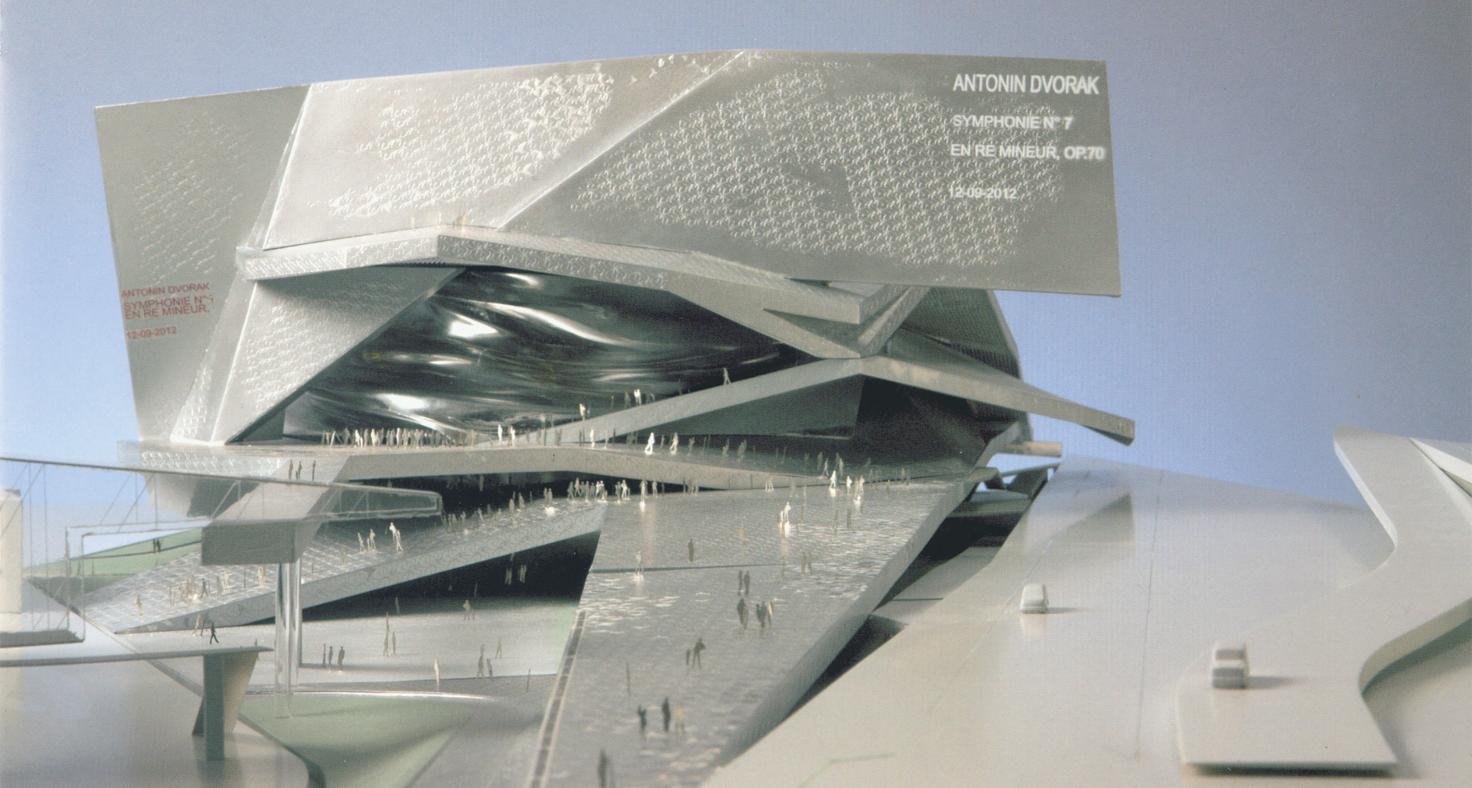
2007
Selection of Jean Nouvel’s architectural project
On 5 April 2007, Jean Nouvel’s project was chosen as the winner of the international architecture competition. His vision for the Philharmonie was a mineral building integrated into both Parc de la Villette and Porte de Pantin—a hill that people would be able to climb, and a visual marker for the inhabitants of north-eastern Paris and the outskirts.
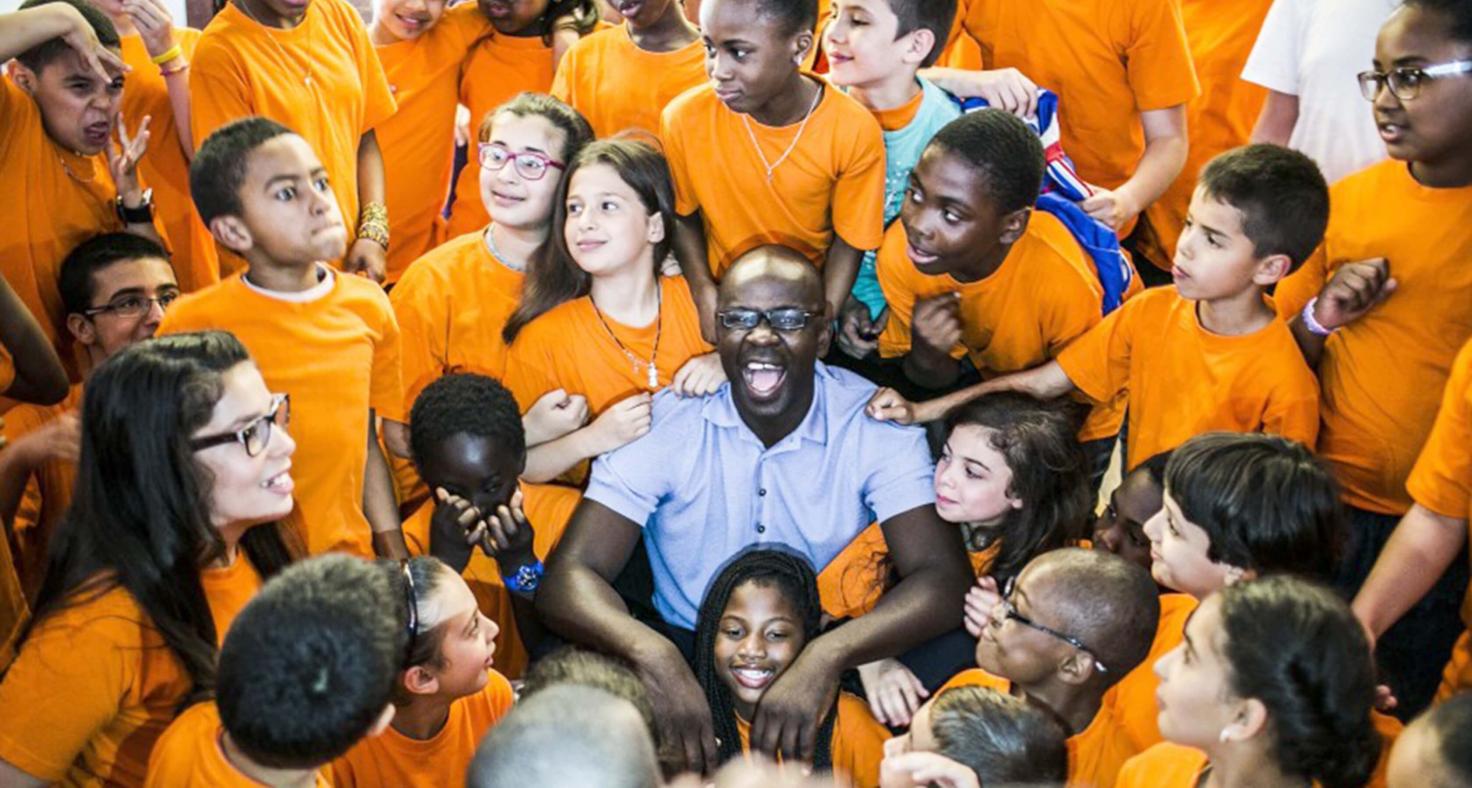
2010
Démos project launch
Sponsored by Lilian Thuram and Khatia Buniatishvili, Démos is an outreach programme that introduces children from culturally deprived areas to classical music through collective practice. Each child is issued an instrument for the three years of the project, and keeps it at the end if he decides to continue in music.
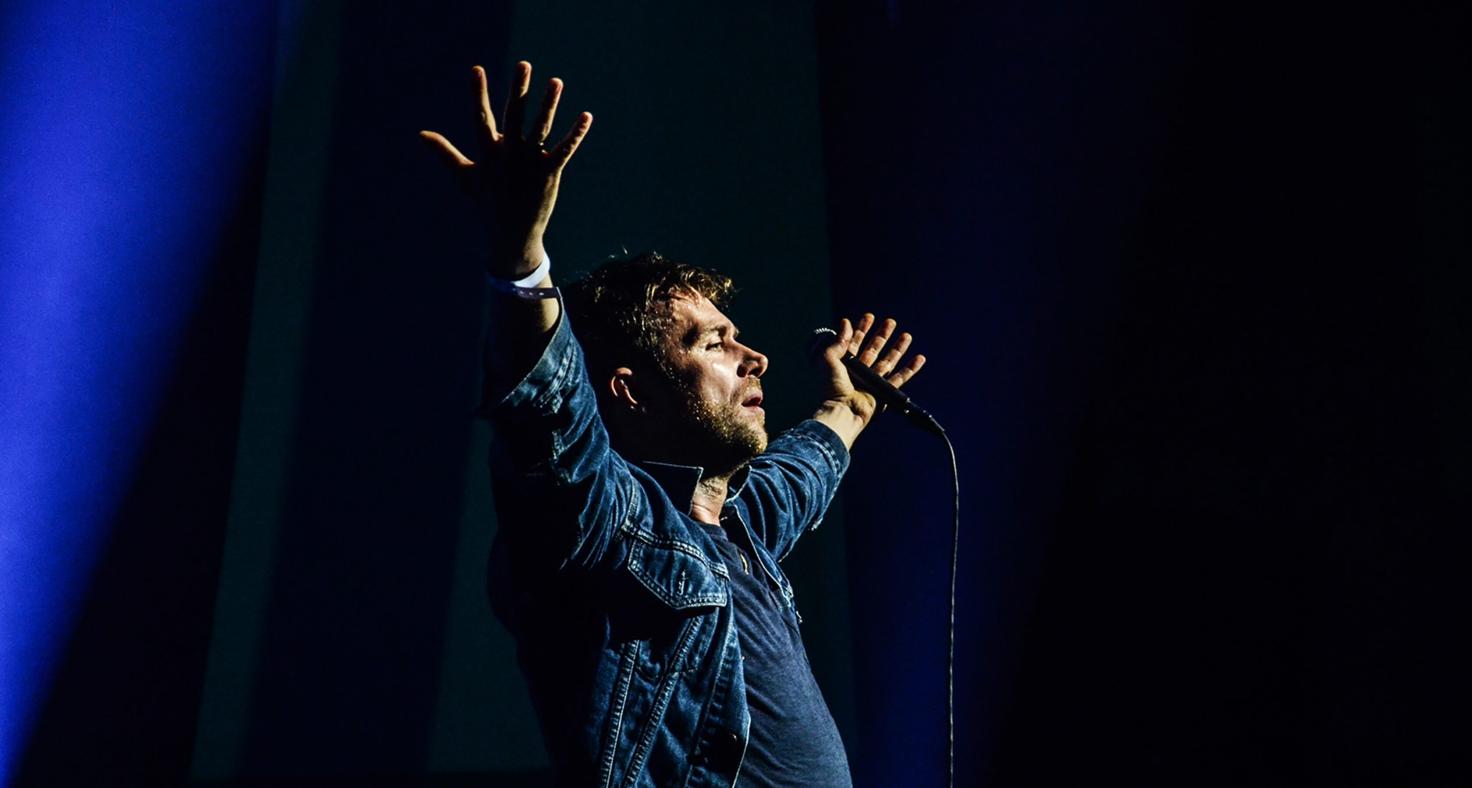
2010
First edition of the Days Off festival
At the end of each season, the Days Off festival celebrates pop music, presenting a mix of premieres, special projects, big names and rising stars. From 2010 to 2014, Days Off was held at the Cité de la musique and Salle Pleyel. Since 2015, it has occupied the various spaces at the Philharmonie de Paris.
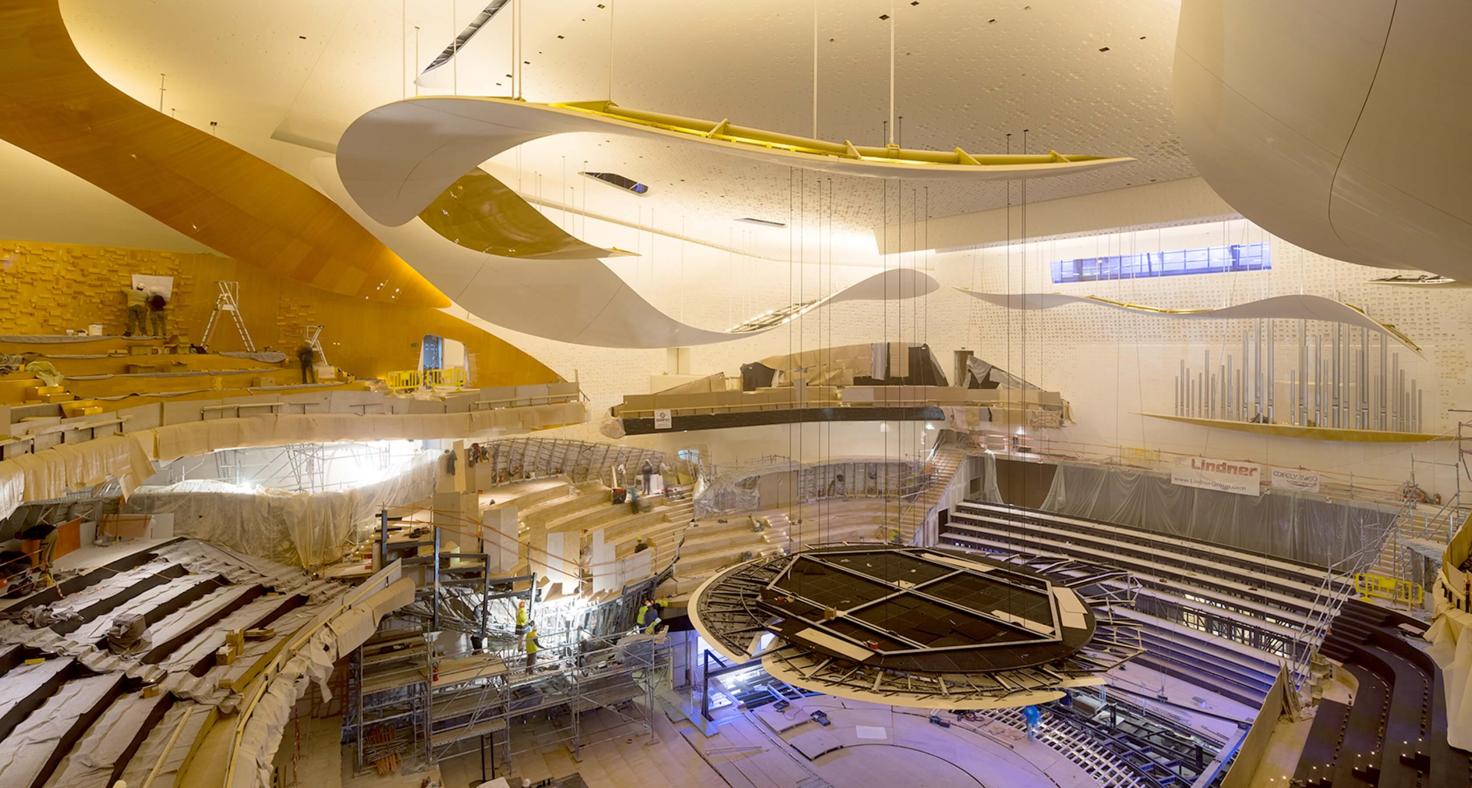
2011
Groundbreaking for the Philharmonie
Architect Jean Nouvel and the main acoustic consultant for the future symphonic hall, Sir Harold Marshall, choose to create an “enveloping” auditorium, to immerse the audience in the space and the music, for a uniquely intimate listening experience. The building would also have an exhibition space, a number of rehearsal rooms and educational workshops.
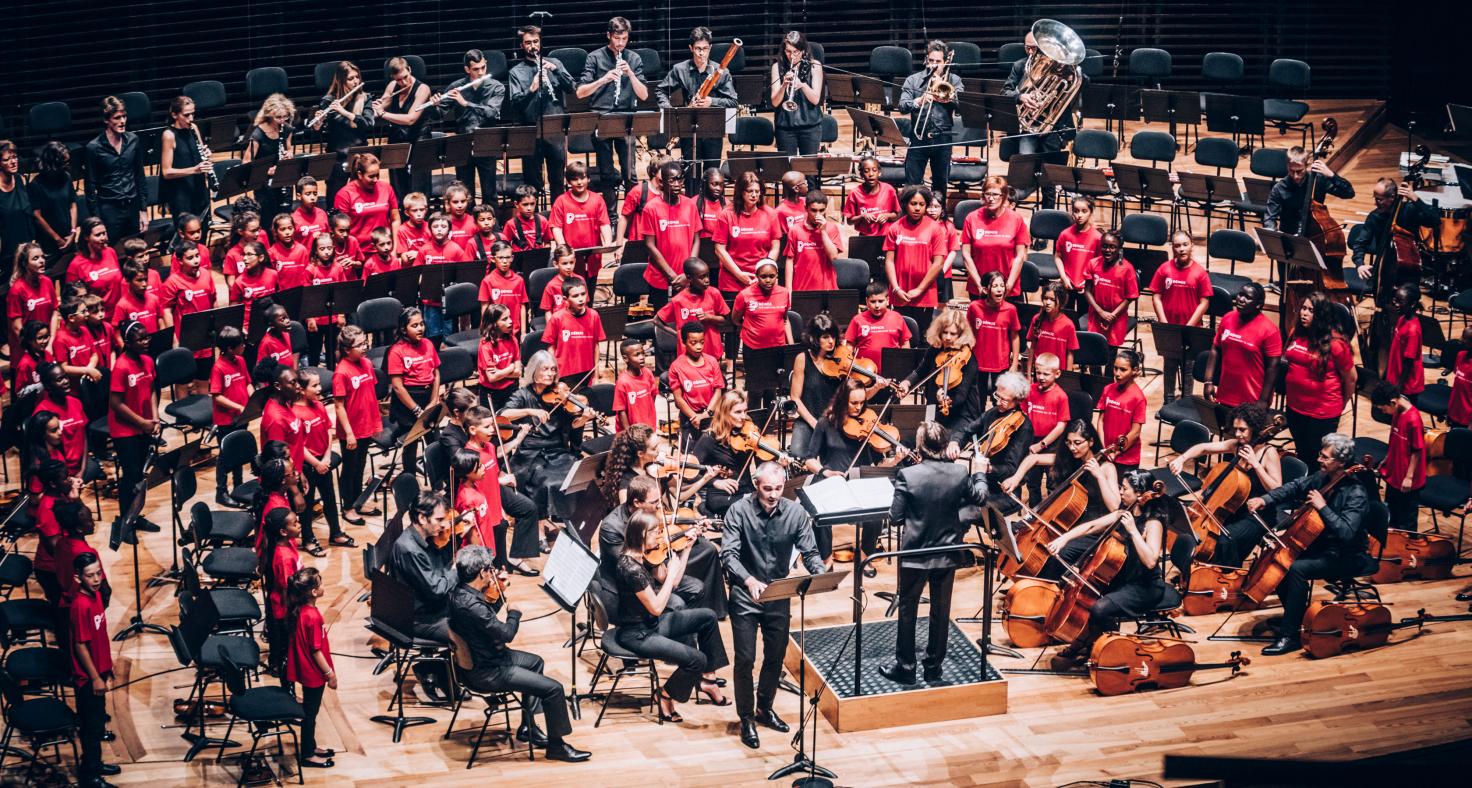
2012
National deployment of Démos
Two years from its initial launch, the growing Démos project began to be introduced beyond Greater Paris. By the start of 2018, some thirty orchestras made up of 3000 children were in place across Metropolitan France and France’s overseas territories (DOM-TOM).
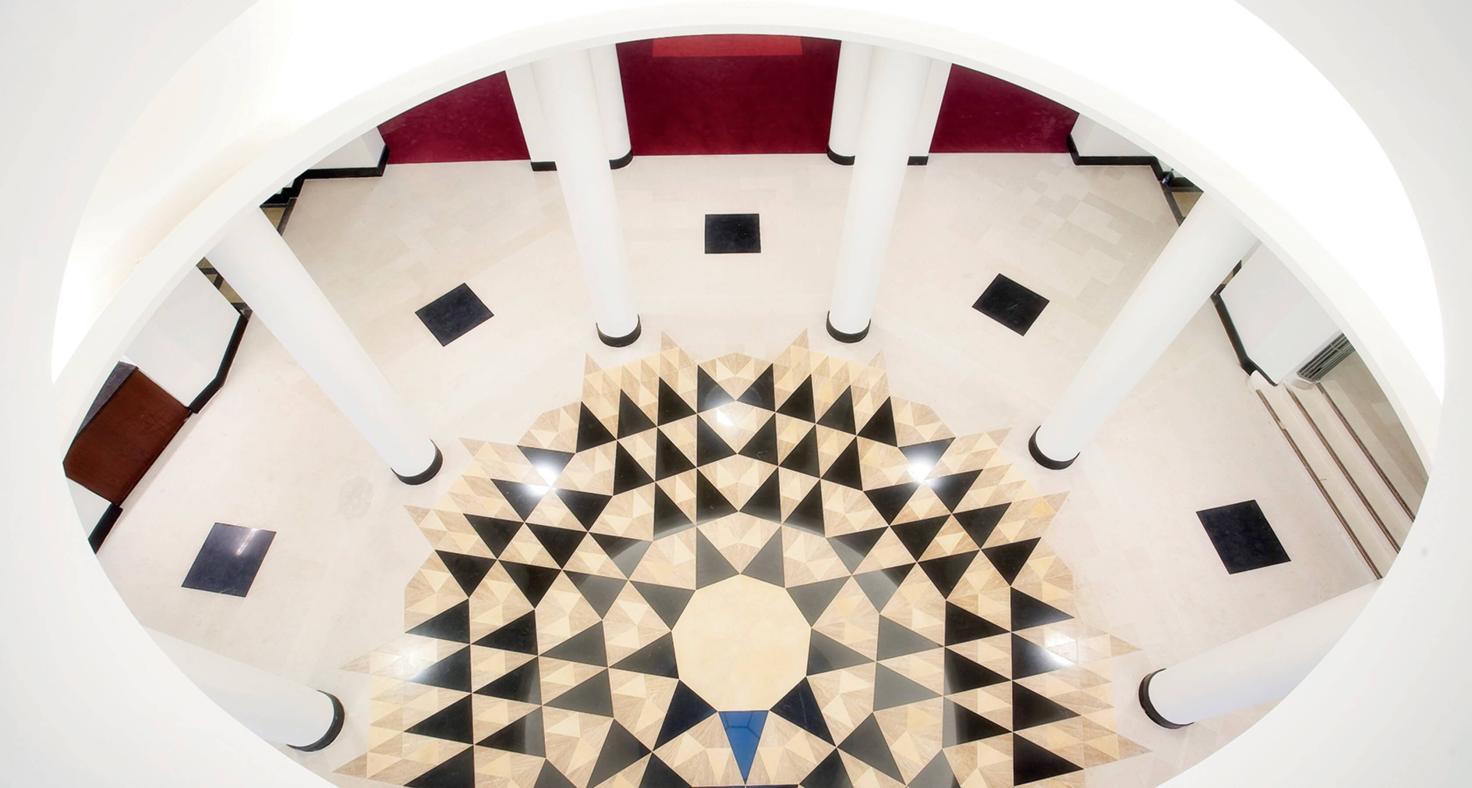
2014
Concession of Salle Pleyel to Groupe 3S Entertainment, a subsidiary of FIMALAC
Counting down to the opening of Philharmonie de Paris, the Cité de la musique teams spent their last season at Salle Pleyel in 2014. Taking over its operation, Groupe 3S Entertainment gave the hall new renovations and oriented the programming towards pop music.
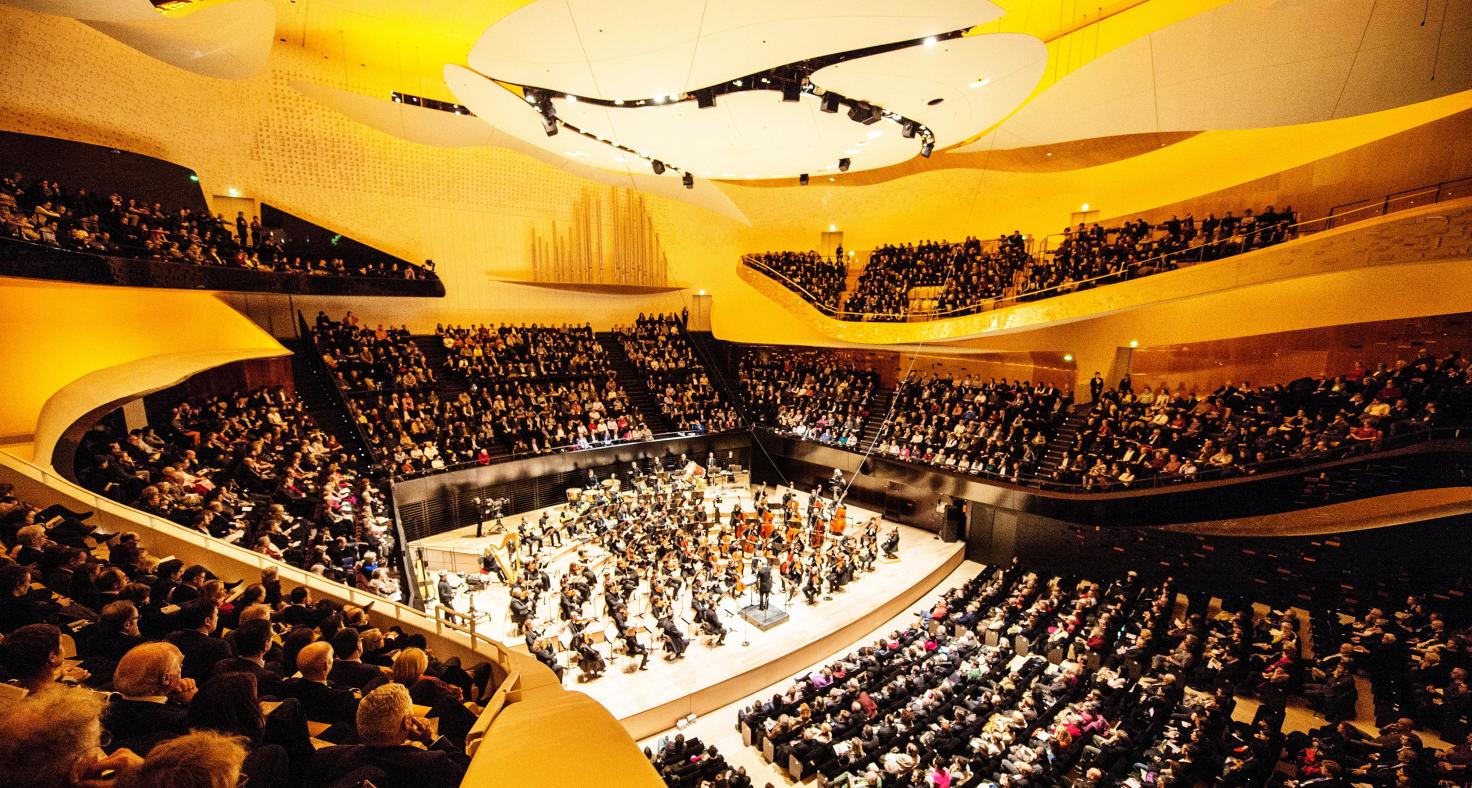
2015
Inauguration of the Philharmonie
On 14 and 15 January, two gala concerts opened the first season of the Philharmonie de Paris. Presented by its main resident, the Orchestre de Paris, the concerts were conducted by Paavo Järvi and featured a number of guest soloists. The January 14th concert was attended by French President François Hollande.
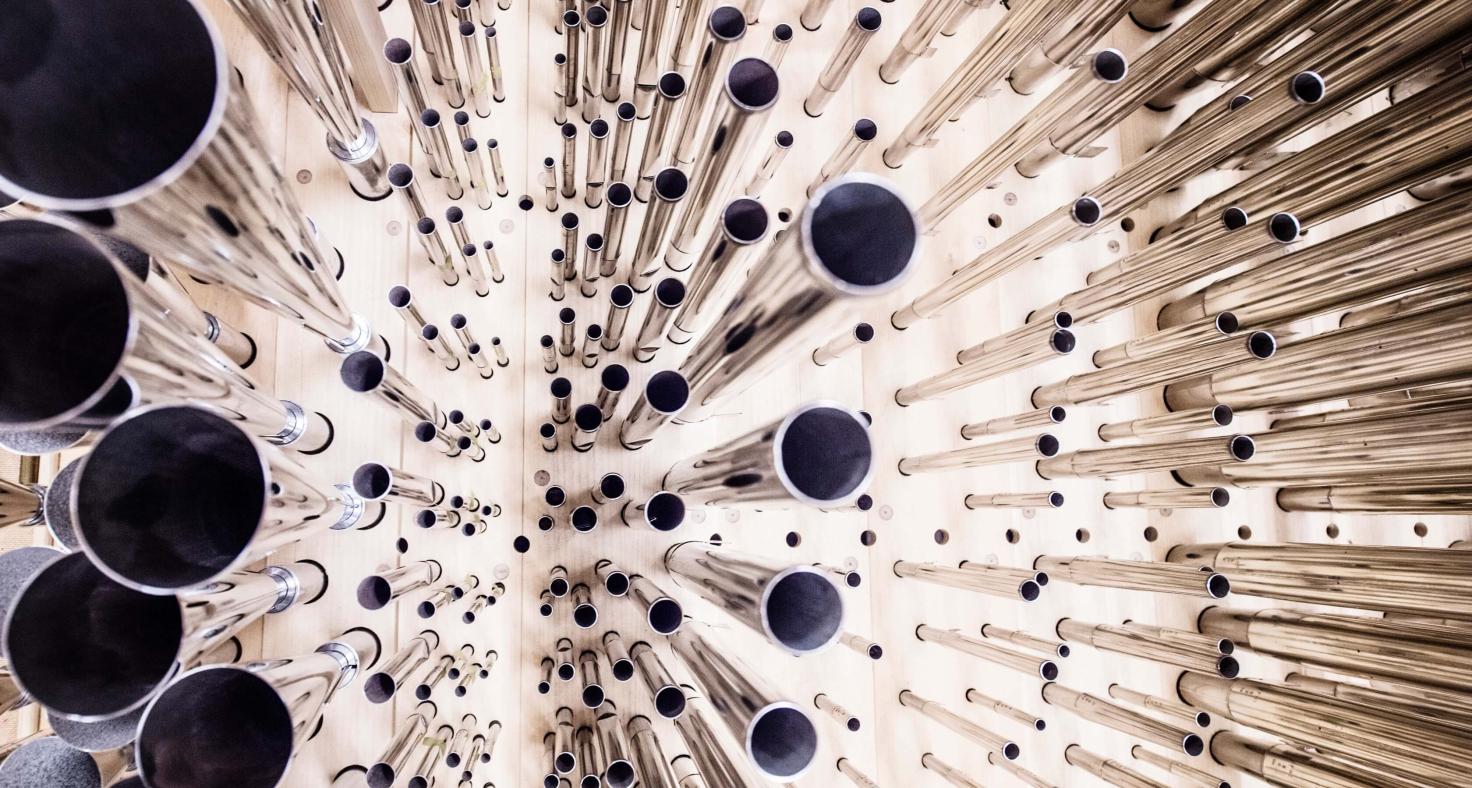
2015
Inauguration of the organ in the Symphonic Hall (Grande Salle)
The Philharmonie’s organ was made in the workshops of the Austrian organ-builder, Rieger, and harmonised by Michel Garnier. It has more than 6000 pipes, 91 keys and 4 keyboards, and owes its unique identity to a combination of centuries-old technique and cutting-edge electronic tracker action.
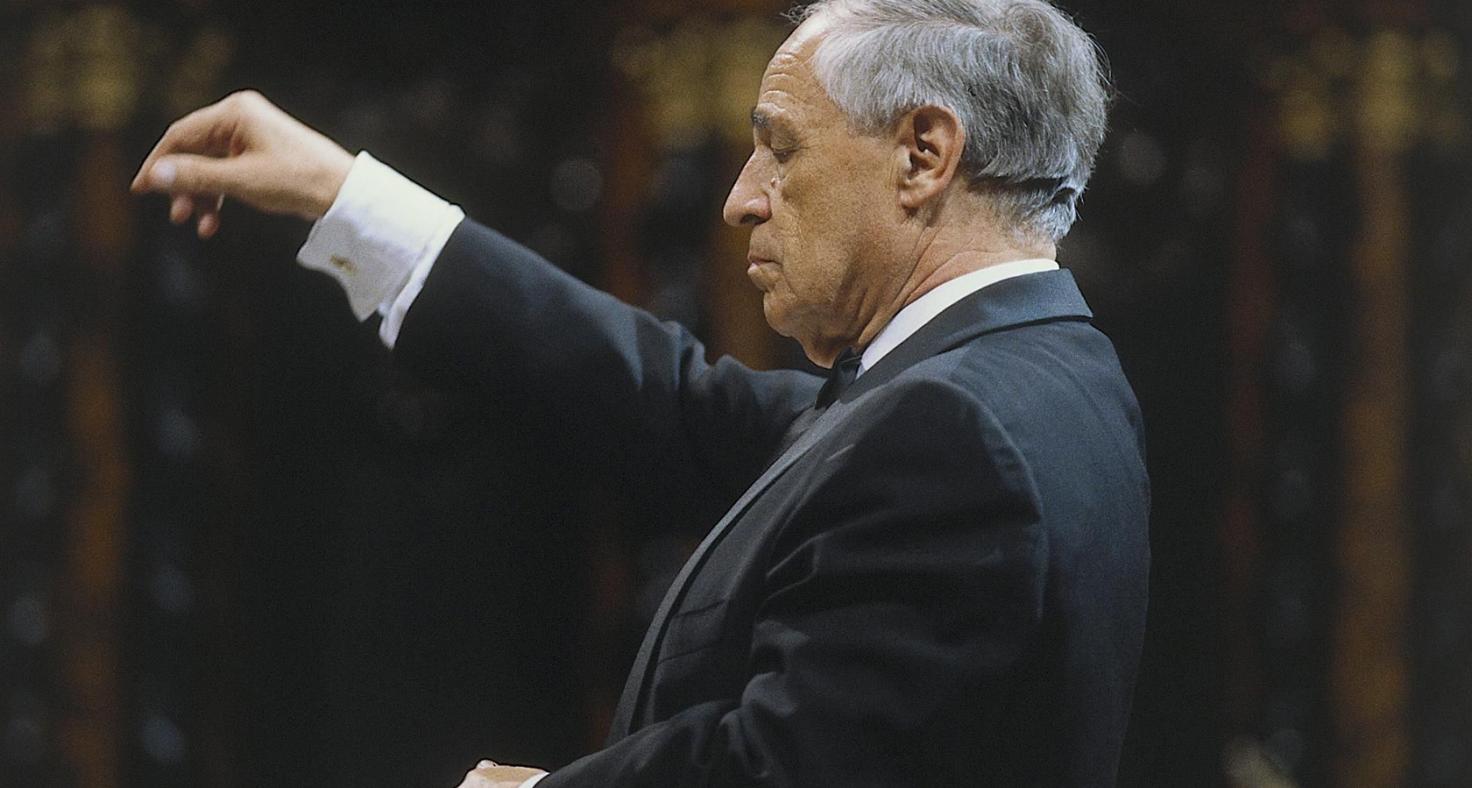
2016
The Symphonic Hall becomes the "Pierre Boulez Symphonic Hall”
Several months after the death of Pierre Boulez, the Philharmonie paid tribute to him by giving his name to the Symphonic Hall. Pierre Boulez, composer, conductor and founder of IRCAM (the French Institute for Acoustic/Musical Research and Coordination), was the initiator and ardent champion of the Cité de la musique project and later the Philharmonie de Paris.
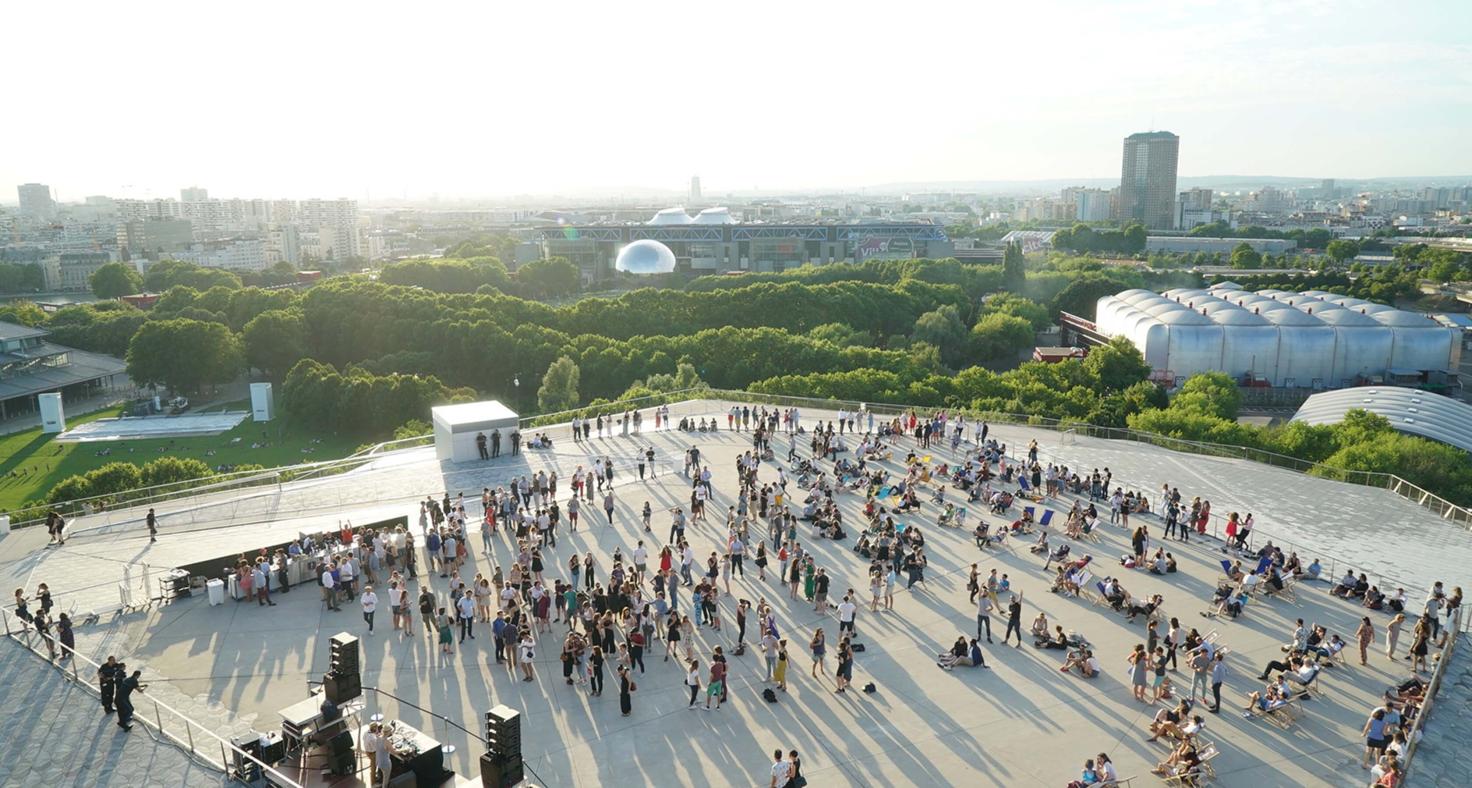
2017
First rooftop concert
Jean Nouvel designed the Philharmonie as a hill with a promenade to the summit that is open to the public, offering rare, sweeping views over Paris and its outskirts. During the Days Off festival, this rooftop space hosted its first concert, becoming a place of music and festivity.
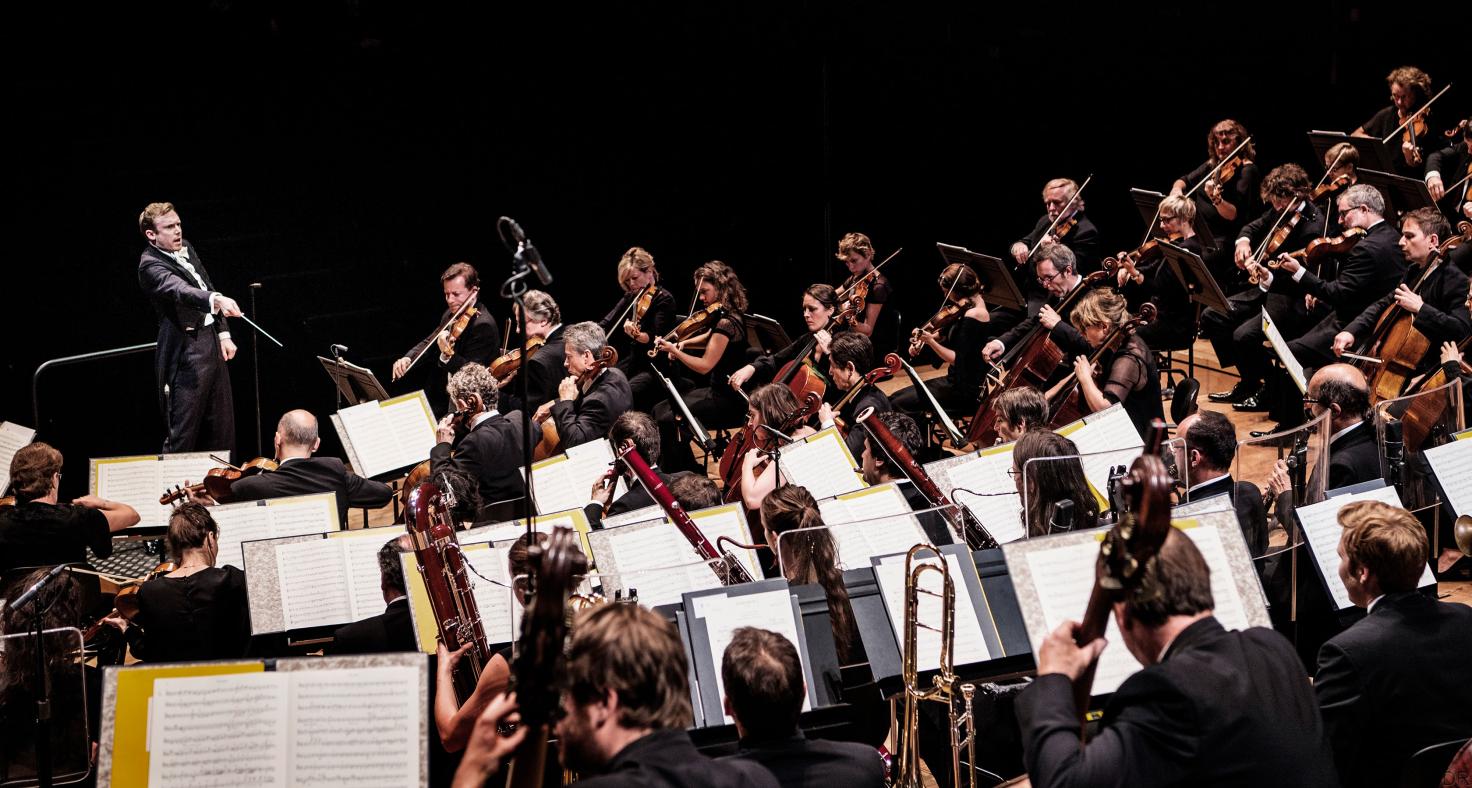
2019
The Orchestre de Paris joins the Philharmonie de Paris
On January 1st the personnel of the Orchestre de Paris are being integrated into the Philharmonie de Paris as a specific department. This new arrangement strengthens the association between the Orchestra’s programming and the Philharmonie’s artistic and educational mission, and marks a commitment to new shared priorities.
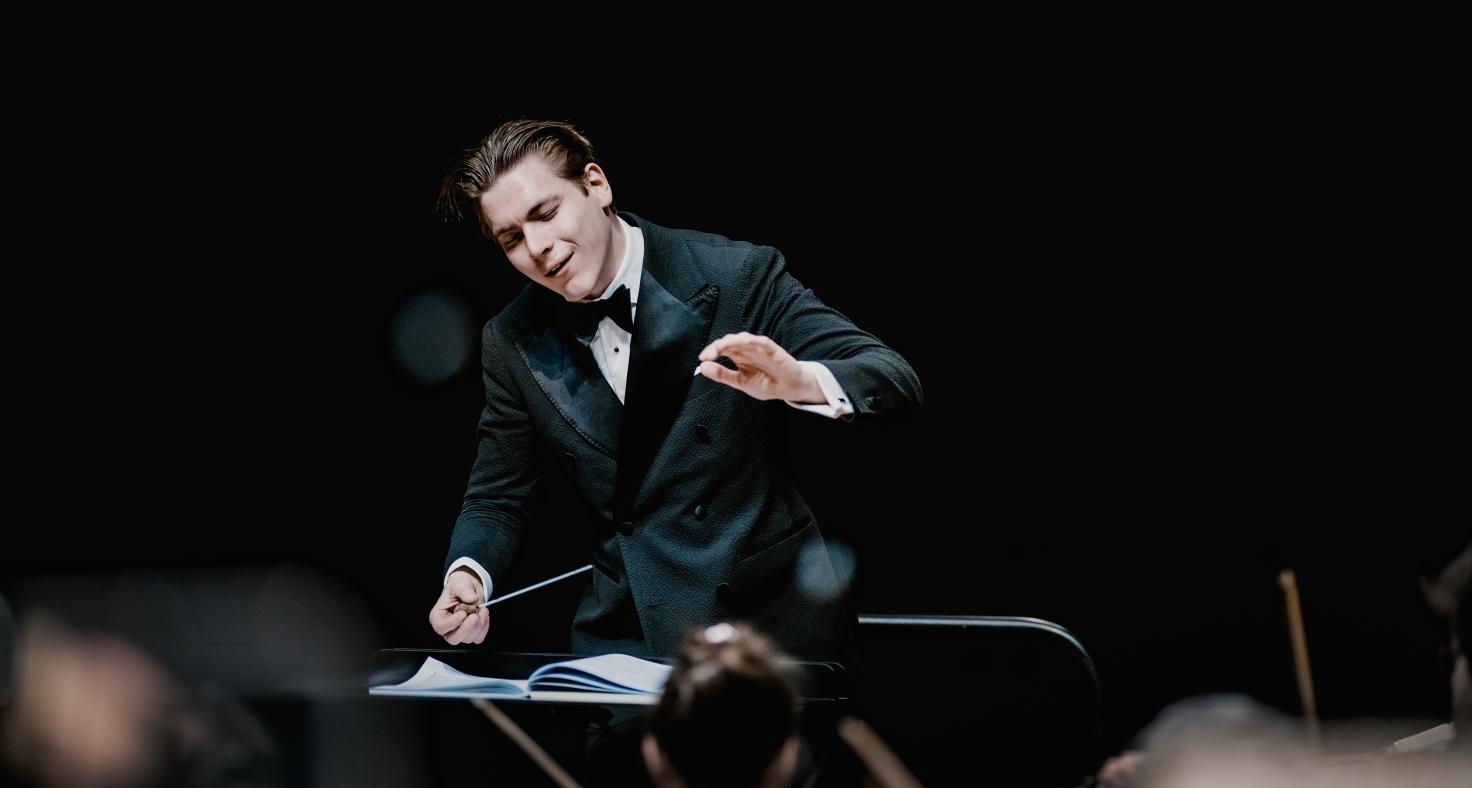
2020
Klaus Mäkelä is appointed music director of the Orchestre de Paris
Klaus Mäkelä is appointed music director of the Orchestre de Paris -- Born on January 17, 1996 in Helsinki, Klaus Mäkelä is a Finnish conductor and cellist. First appointed music advisor of the Orchestre de Paris in June 2020, after a first collaboration a year earlier, he became its music director from September 2021.
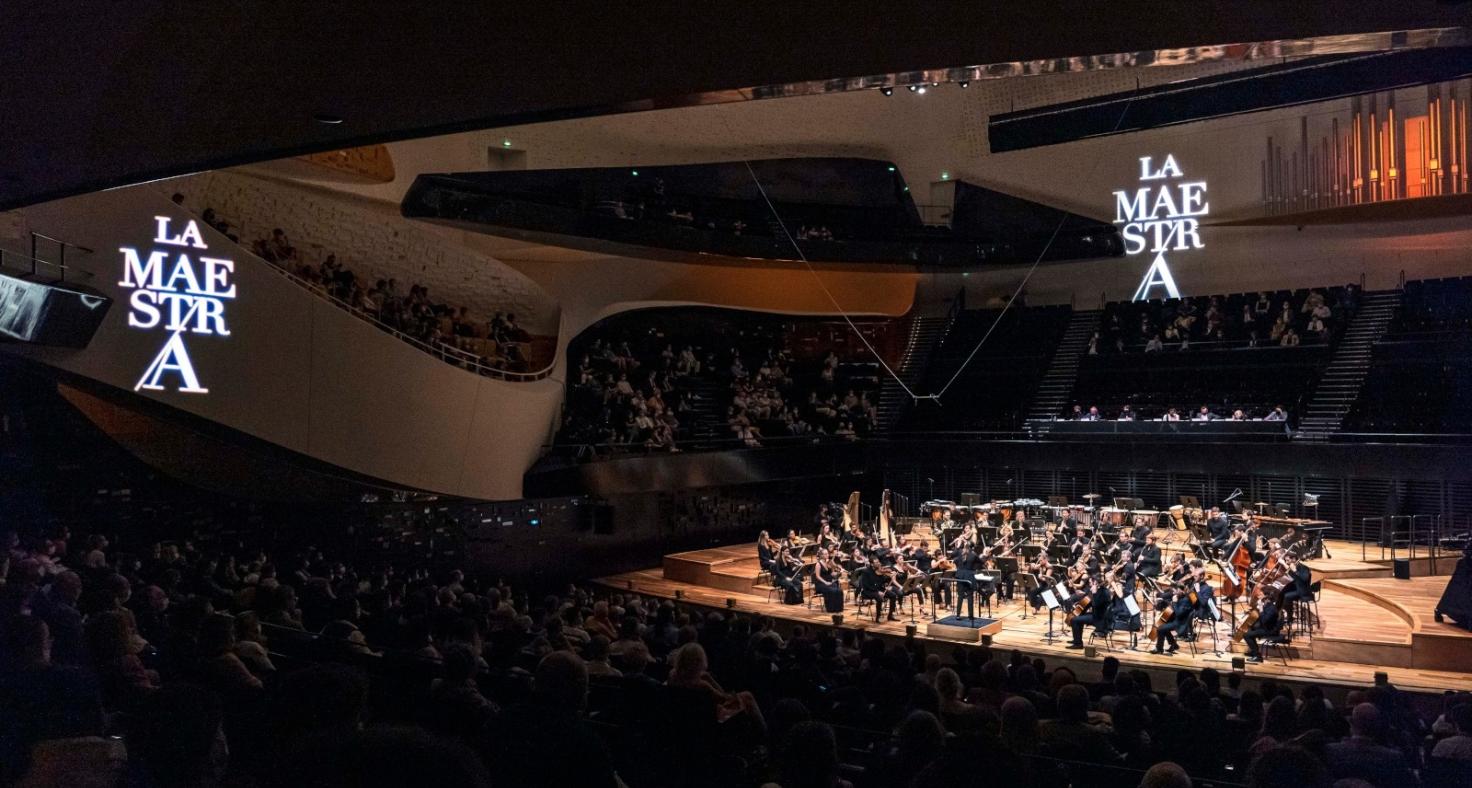
2020
First edition of La Maestra competition
A competition and academy for women conductors co-produced by the Paris Mozart Orchestra and the Philharmonie de Paris, La Maestra pursues a threefold goal: to create vocations, to unite the international music world around specific commitments to women conductors, and to offer support to younger women conductors.
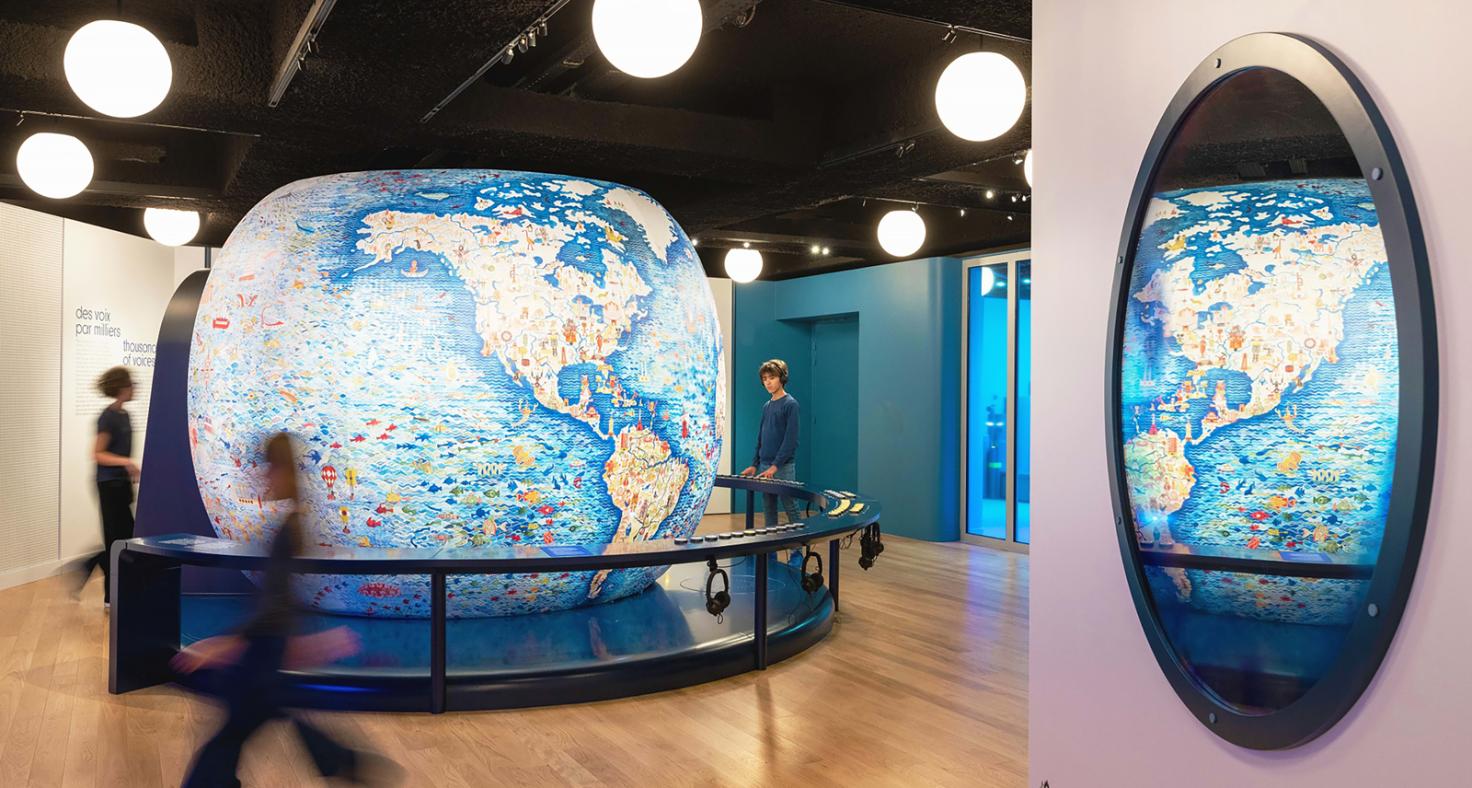
2021
Opening of the Philharmonie des enfants
Already recognized for the quality of its pedagogy, the Philharmonie de Paris contributes even more widely to the artistic awakening of the youngest with the opening in September 2021 of a new permanent venue. The Philharmonie des enfants, intended for 4 to 10 year olds, is an open, welcoming door.
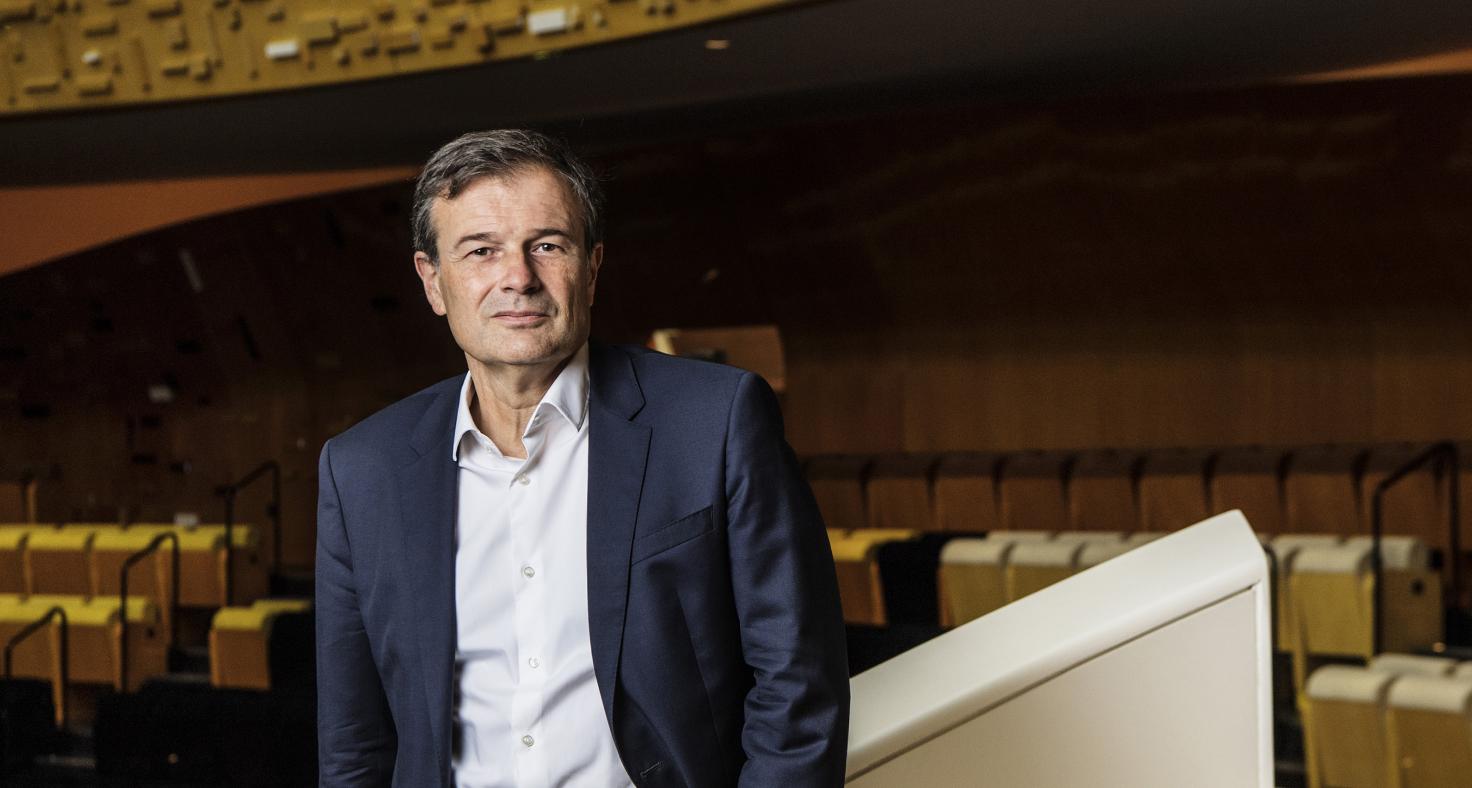
2021
Olivier Mantei is appointed General Manager of the institution
In the autumn of 2021, after having led the Cité de la musique and then the Cité de la musique - Philharmonie de Paris for more than two decades, Laurent Bayle left the institution. He was succeeded by Olivier Mantei, then director of the Théâtre national de l’Opéra-Comique and long-time partner of the Cité de la musique - Philharmonie de Paris through numerous artistic projects.
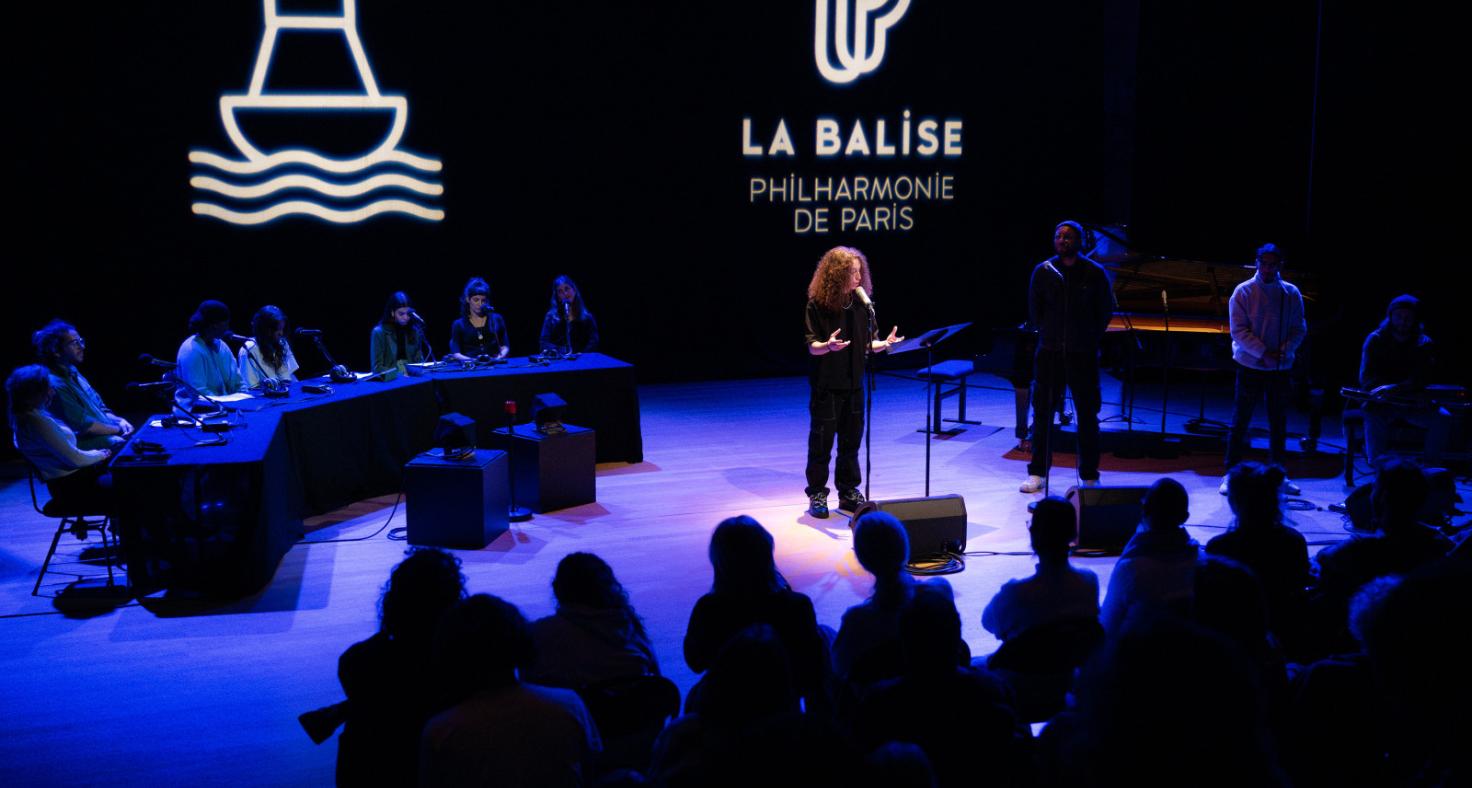
2023
First show of La Balise
On December 14, Radio La Balise hosted its first live broadcast in public from the Philharmonie's Conference Room. Entitled “La vie est une scène”, the program directed by La Balise, the young animators of l’Étincelle and cellist and musicologist Martin Barré questioned stage fright in all its facets.

